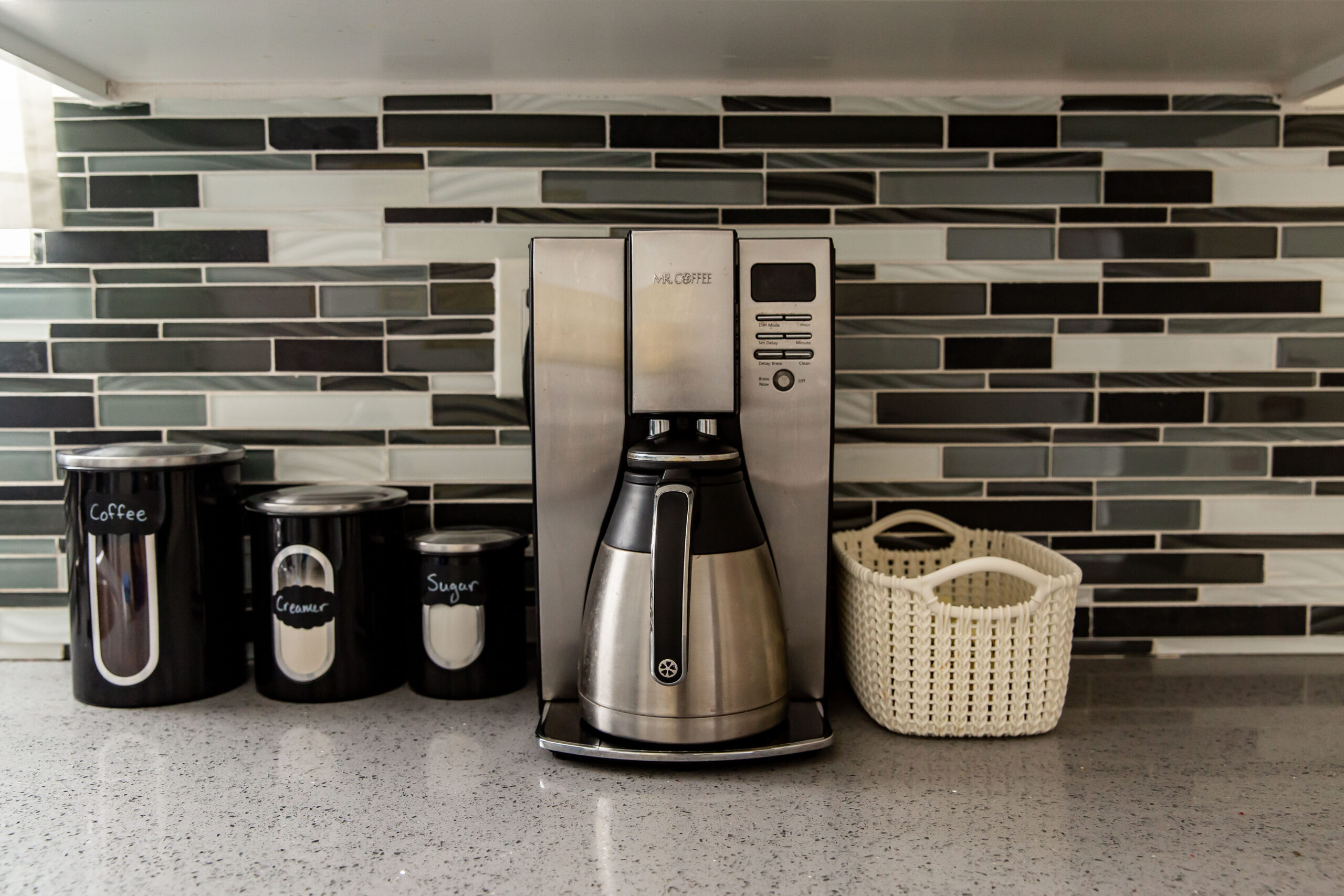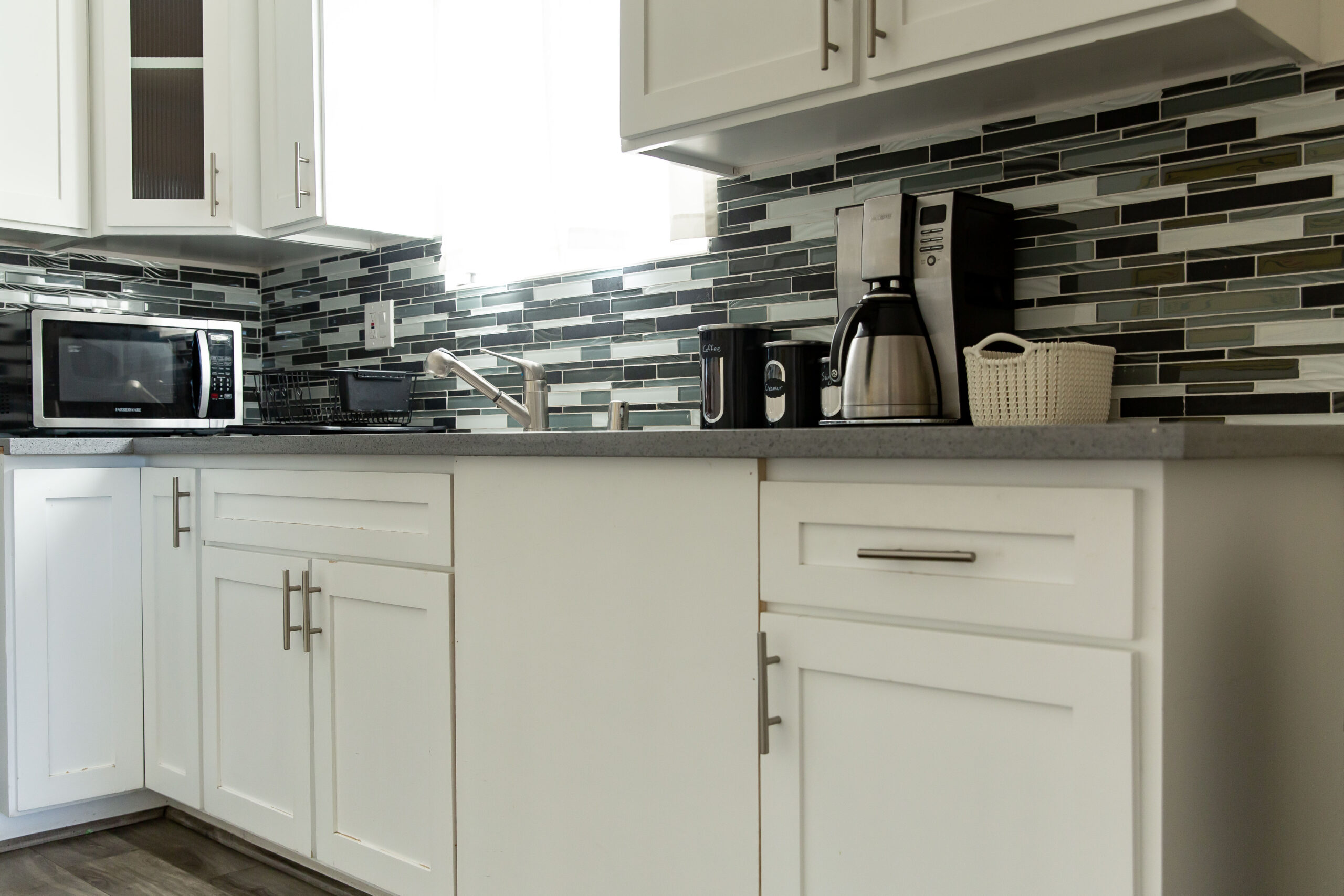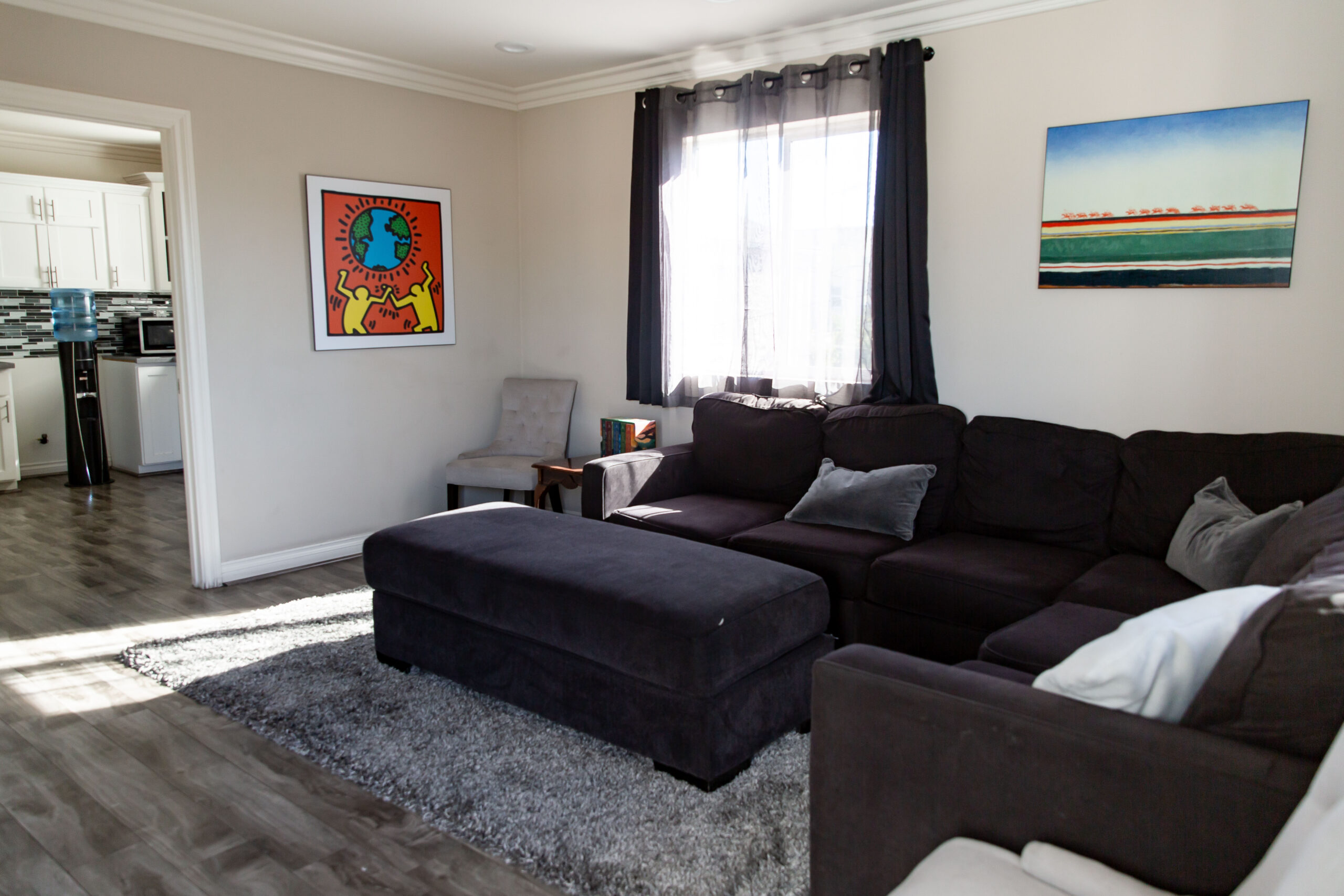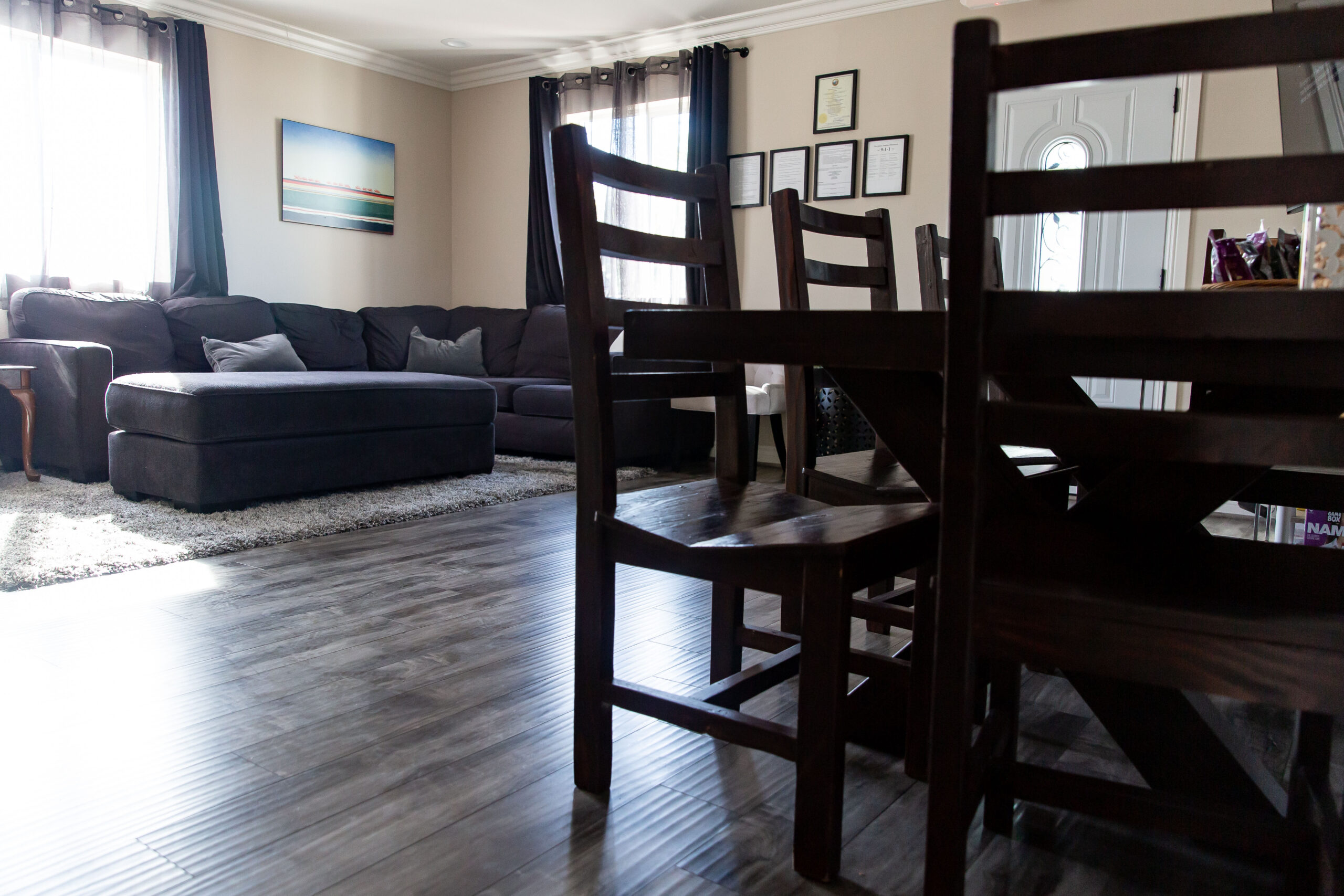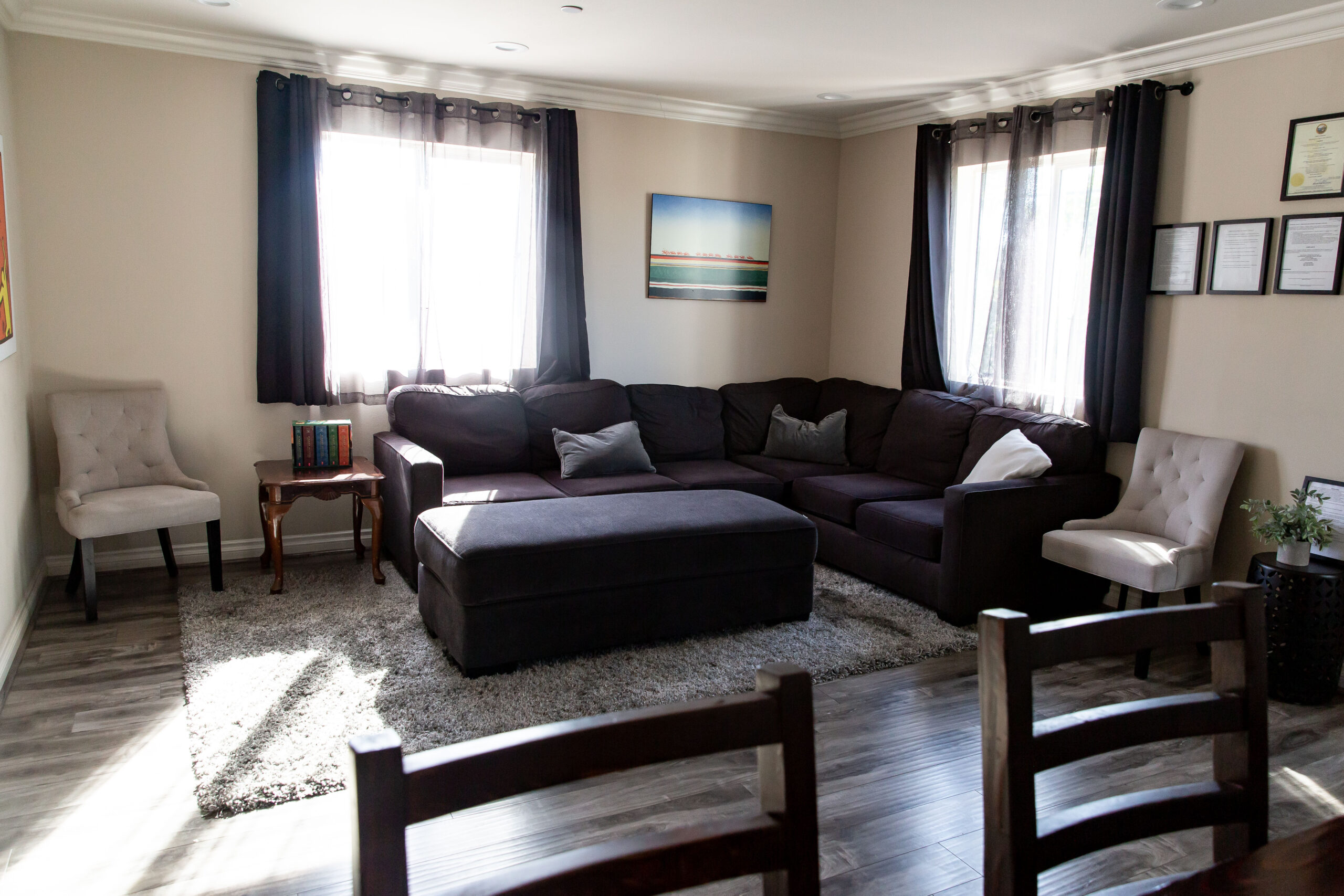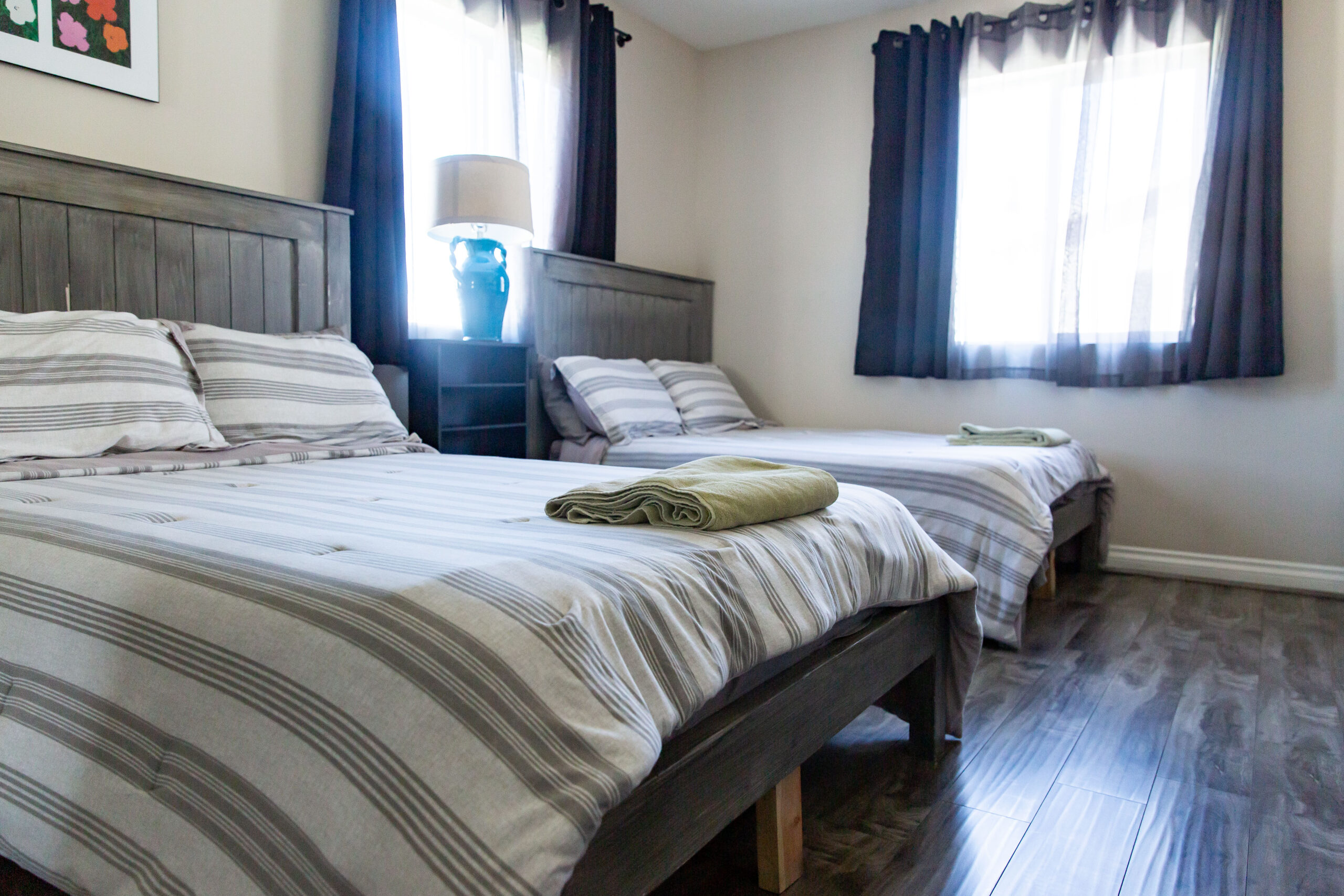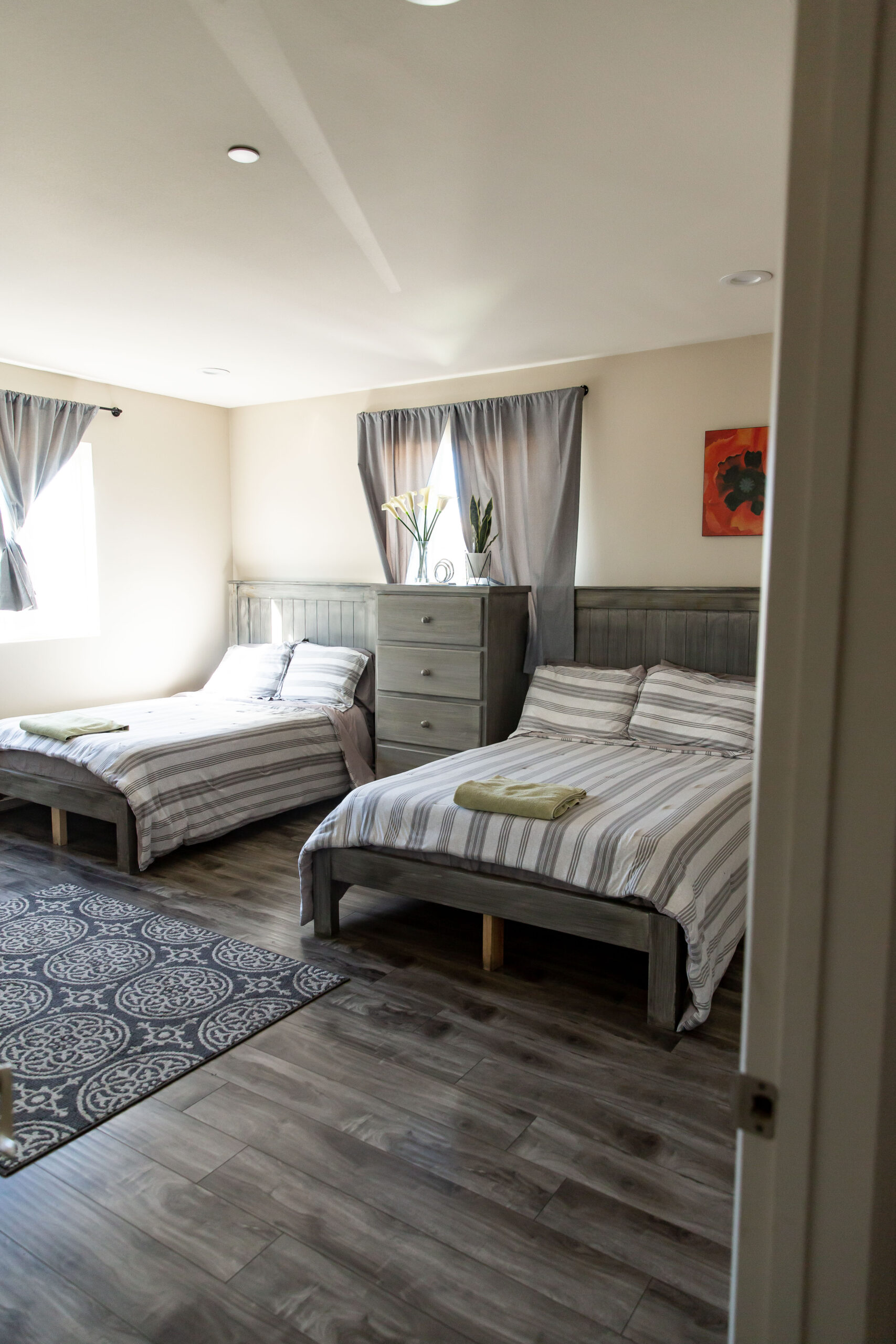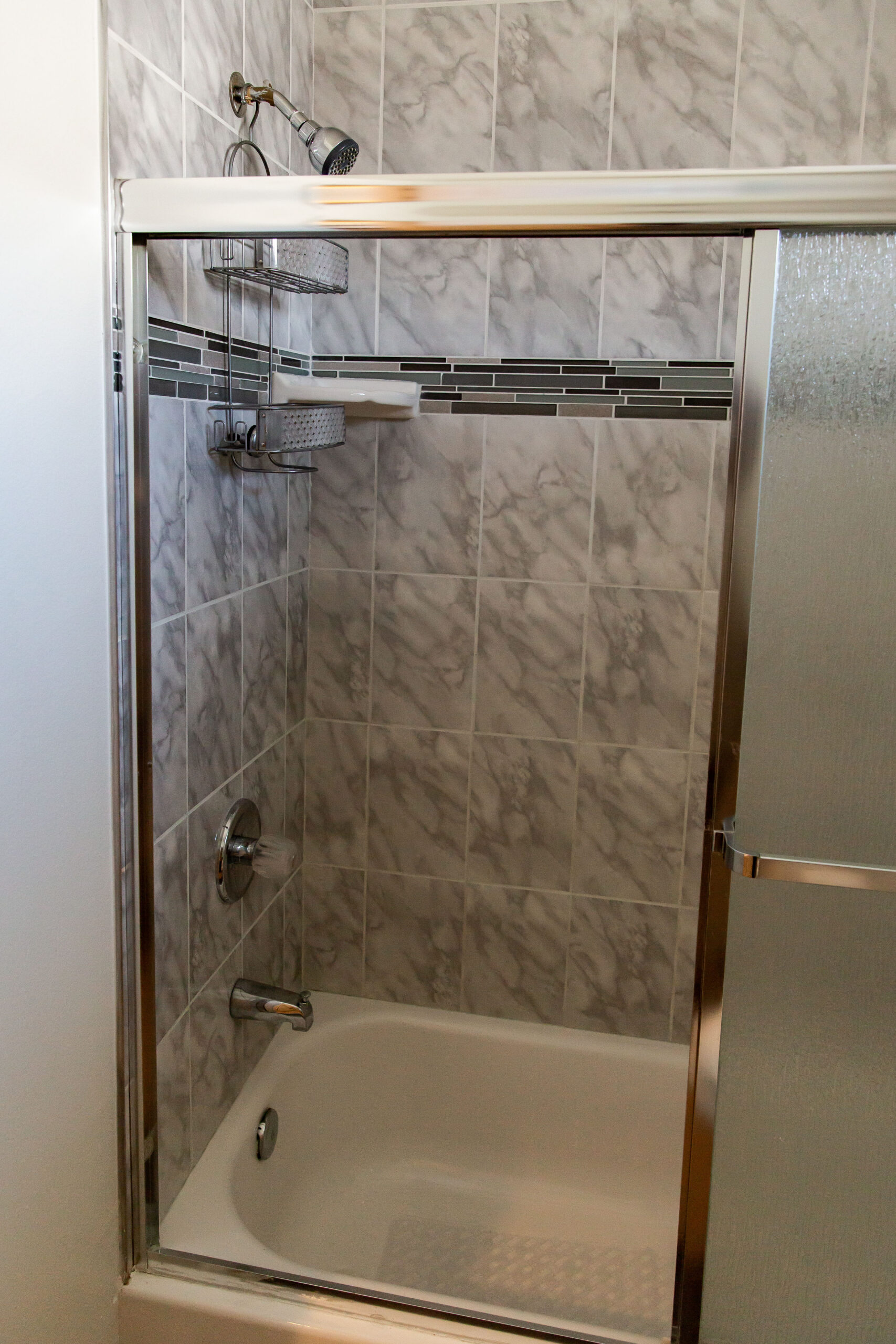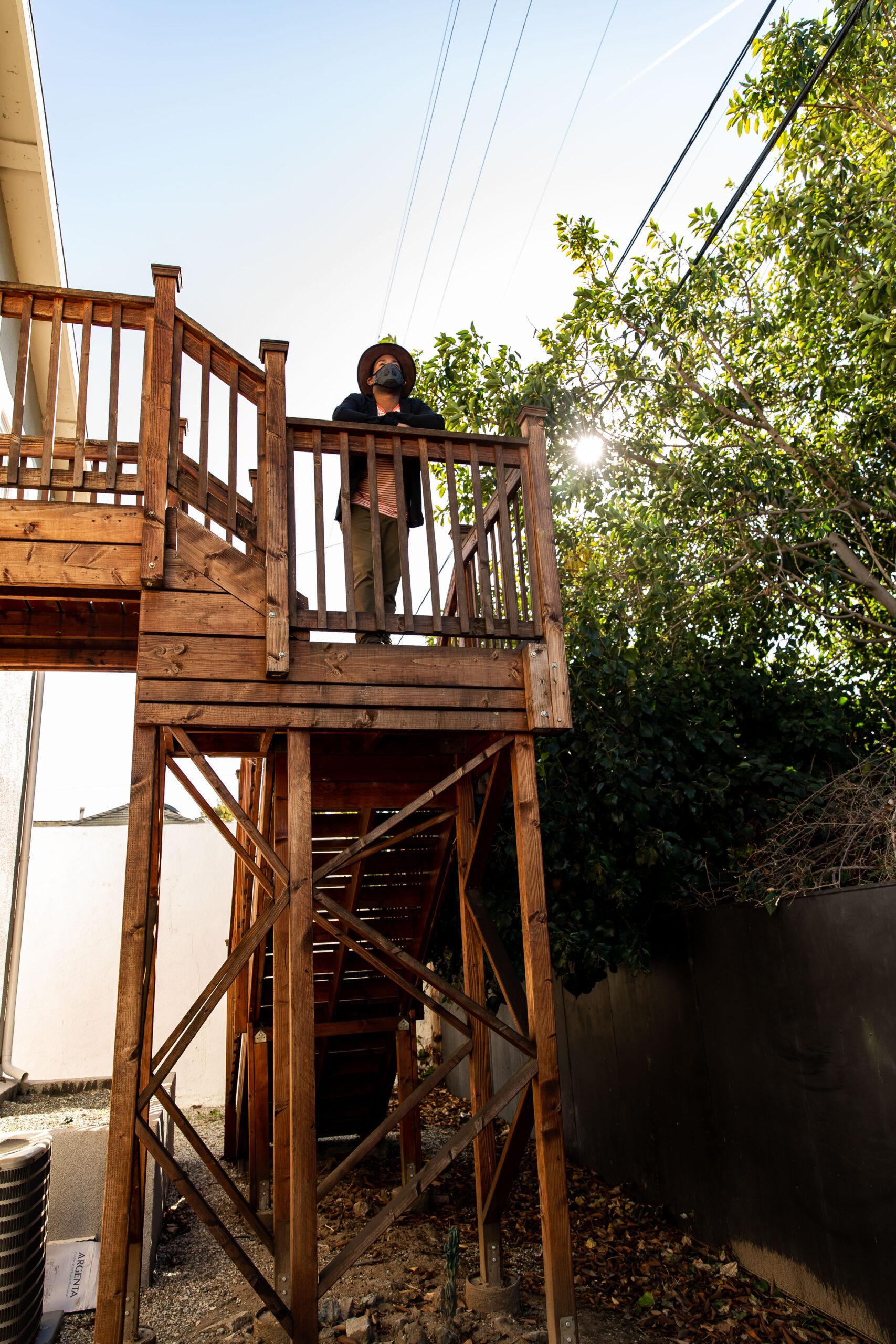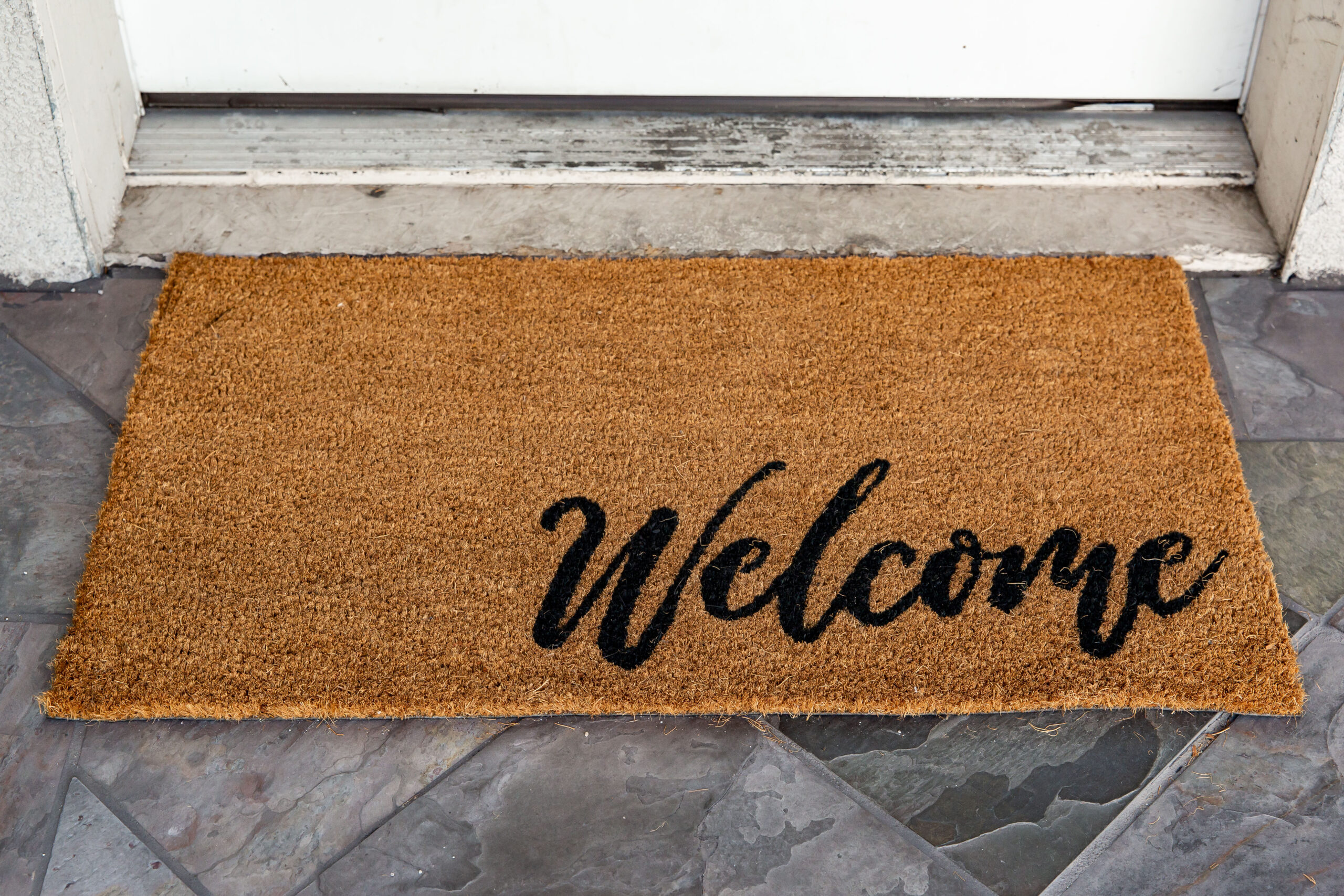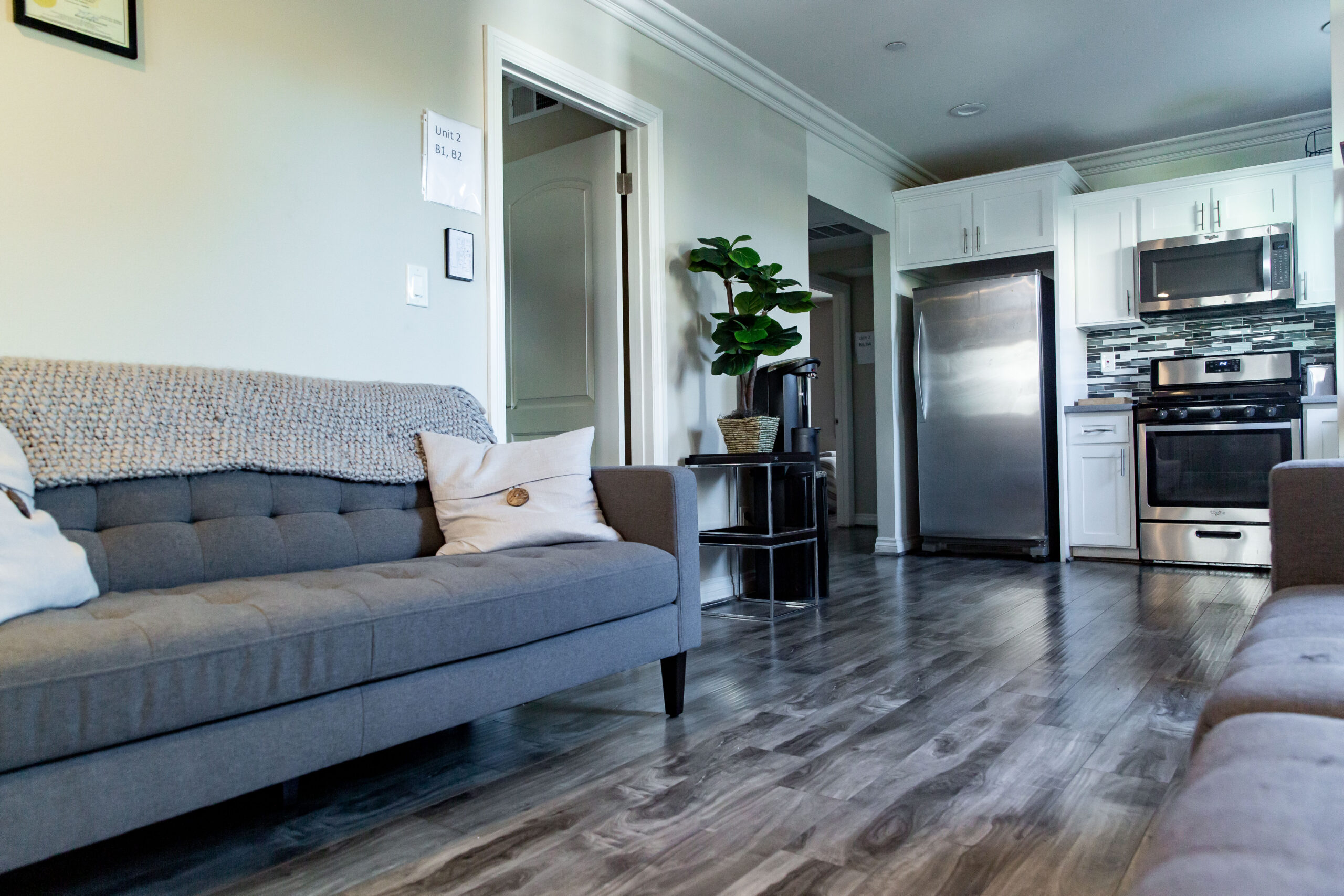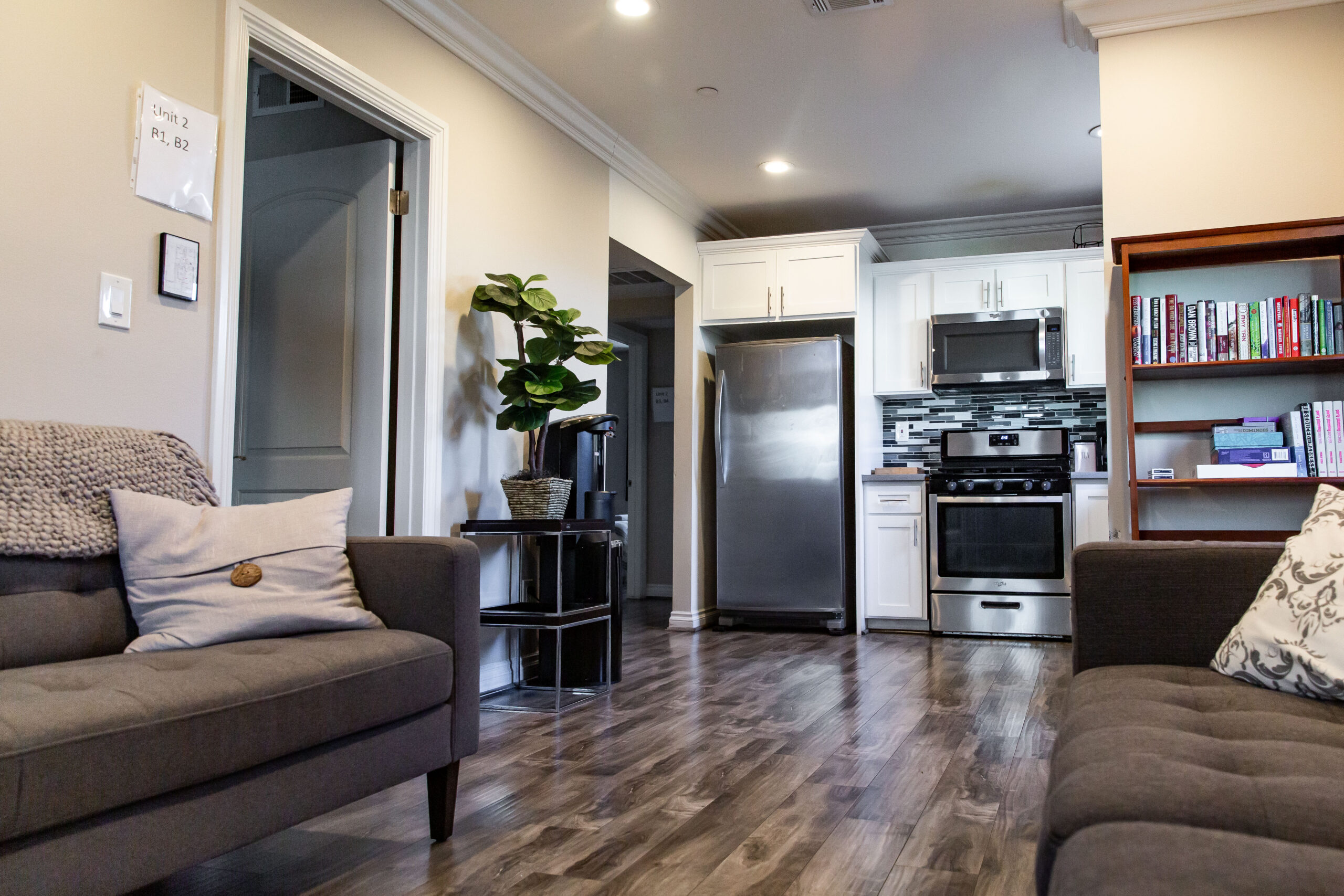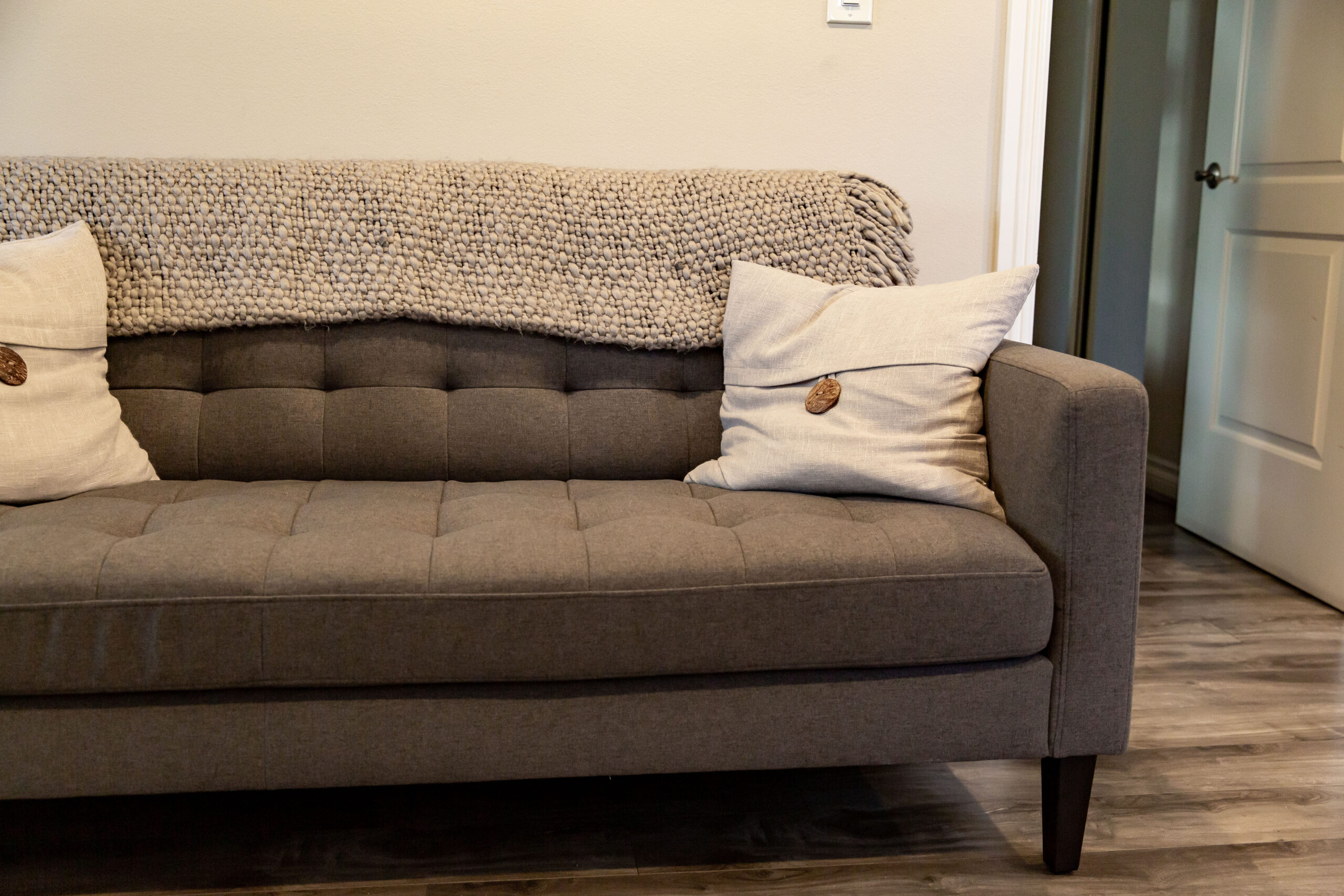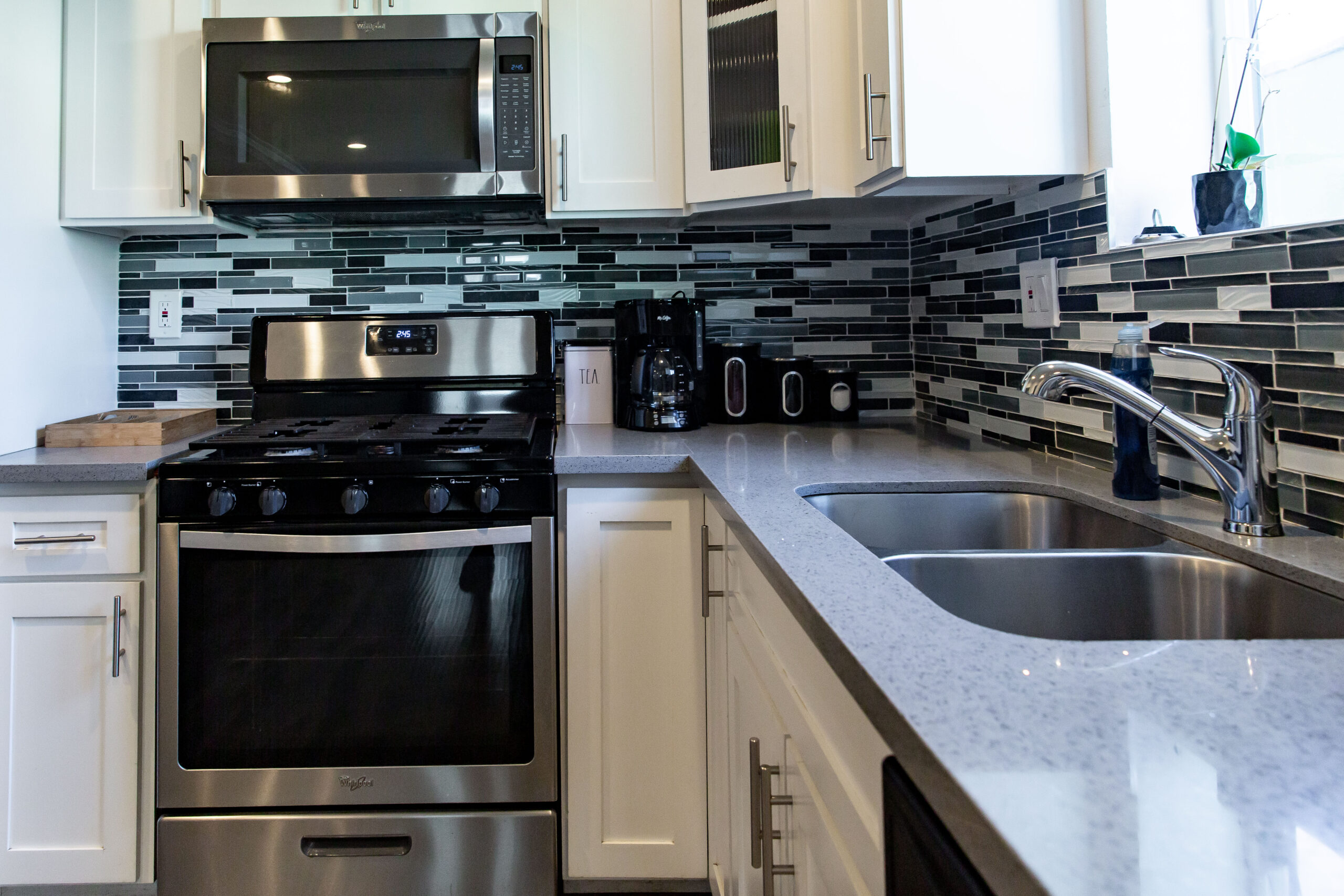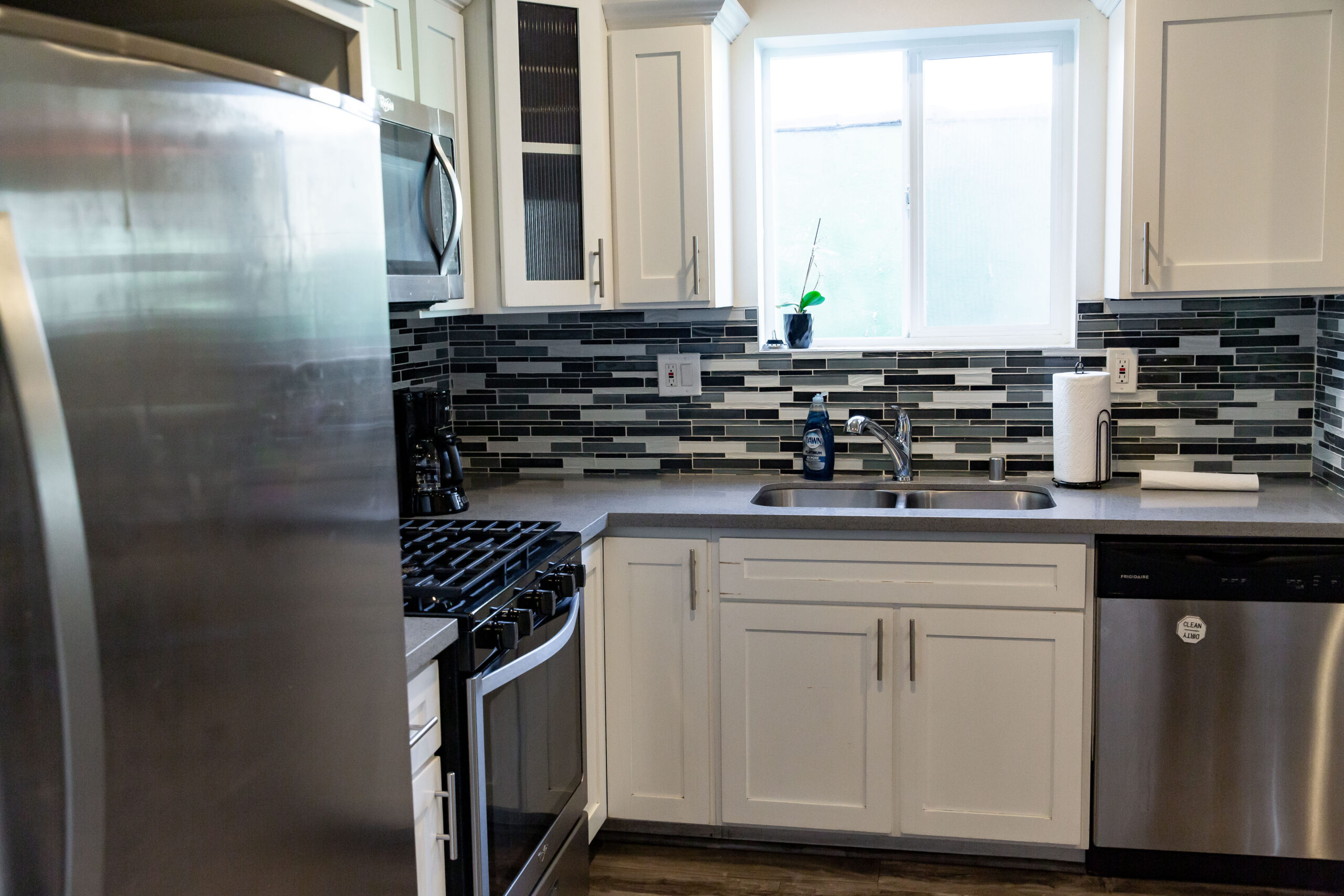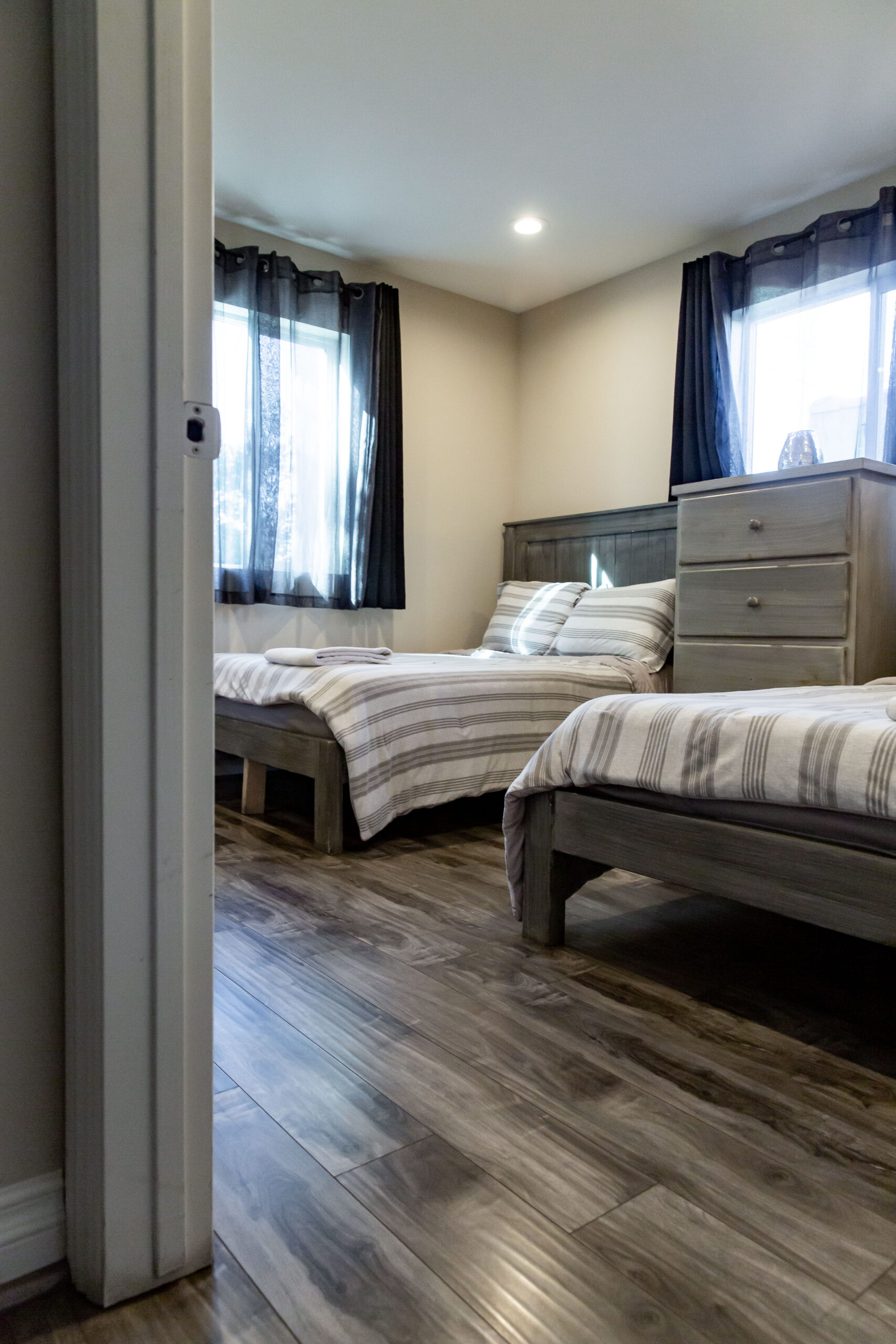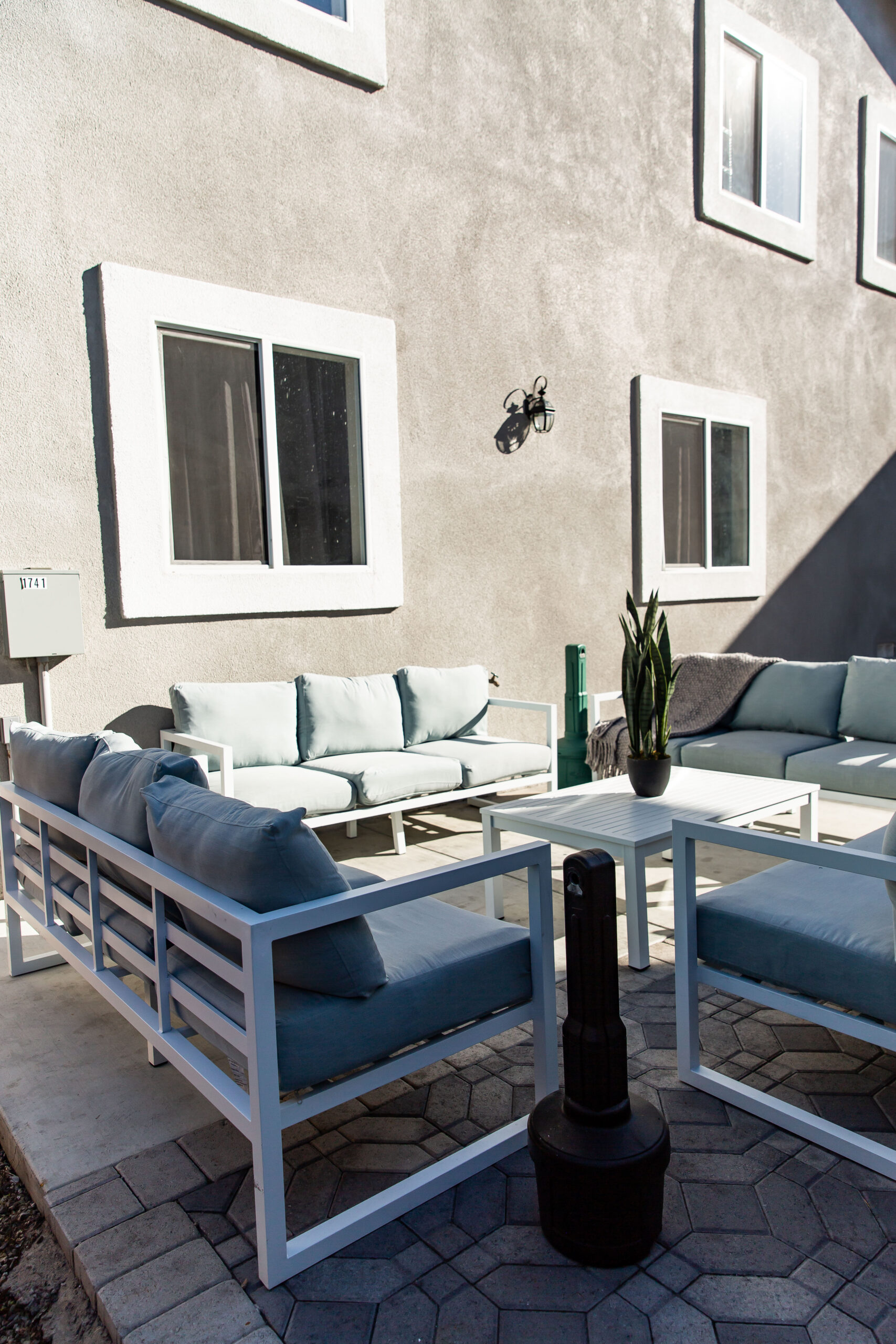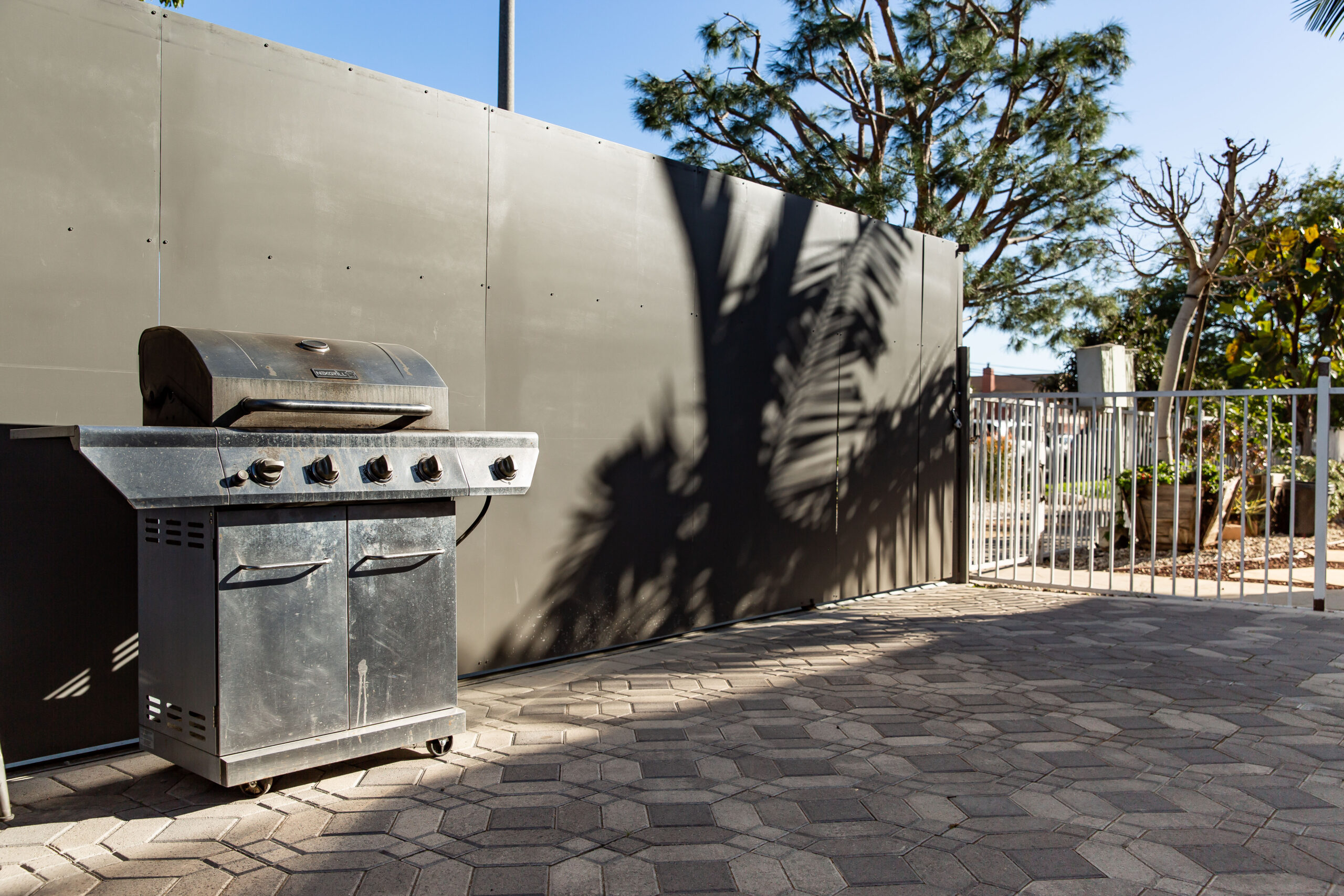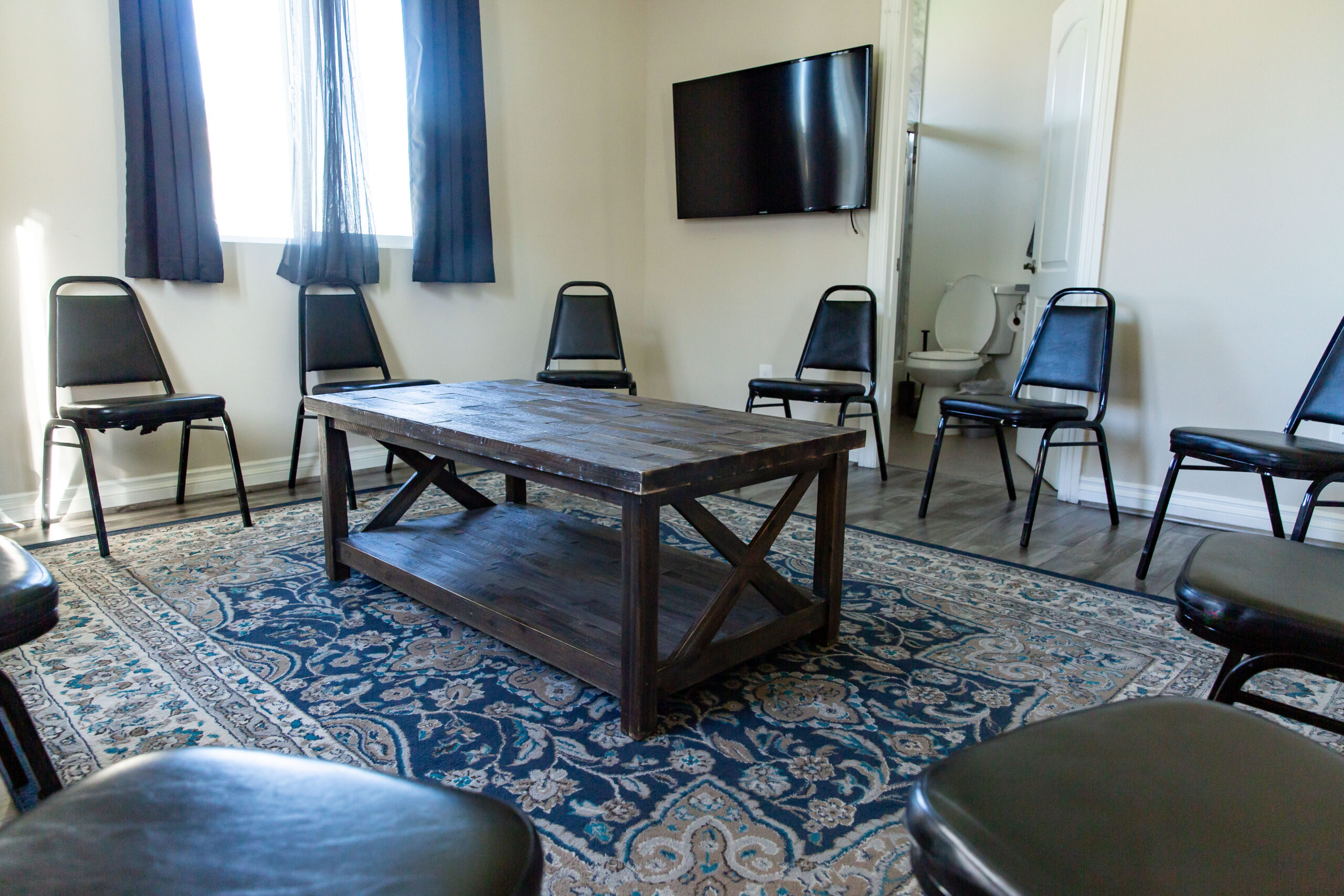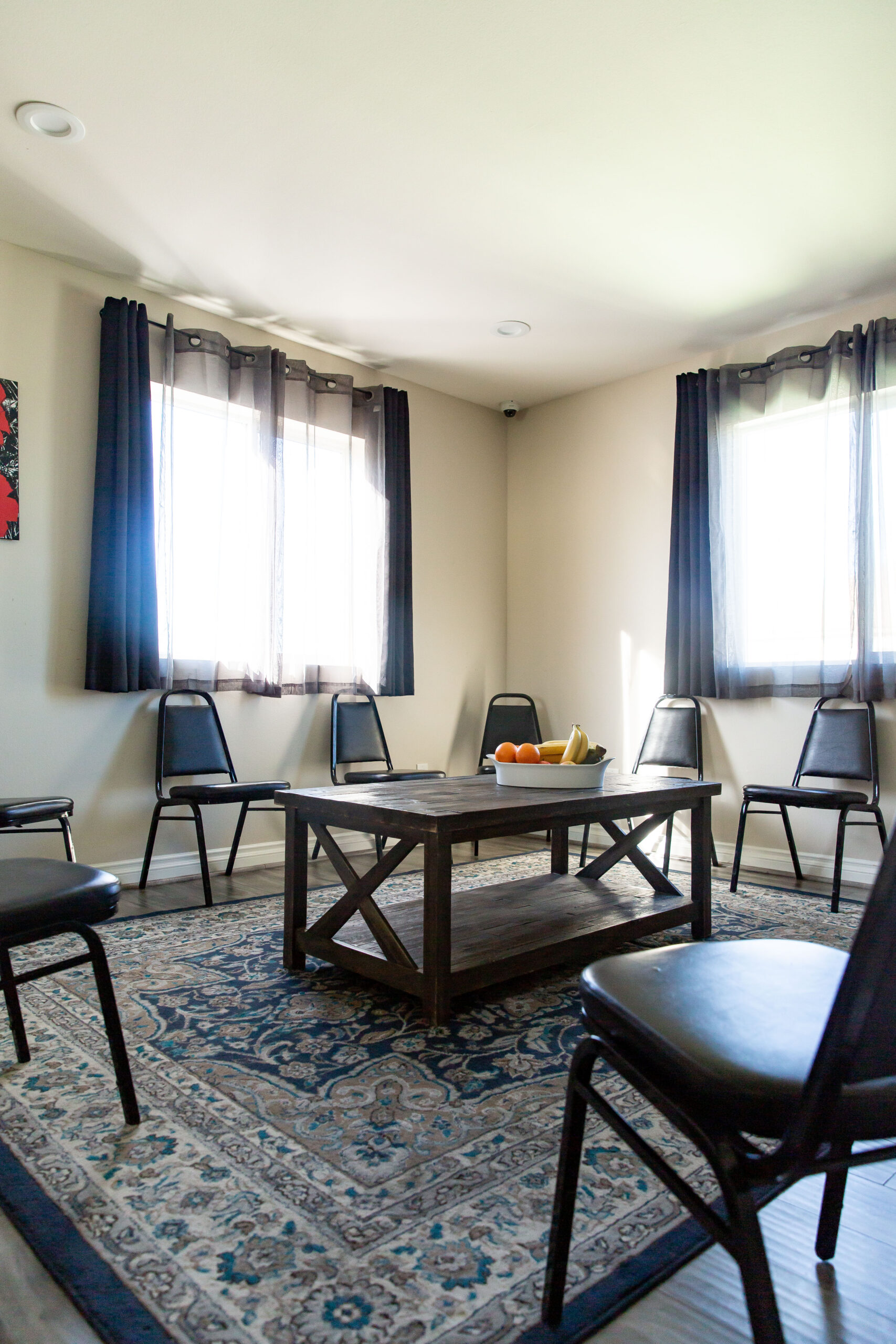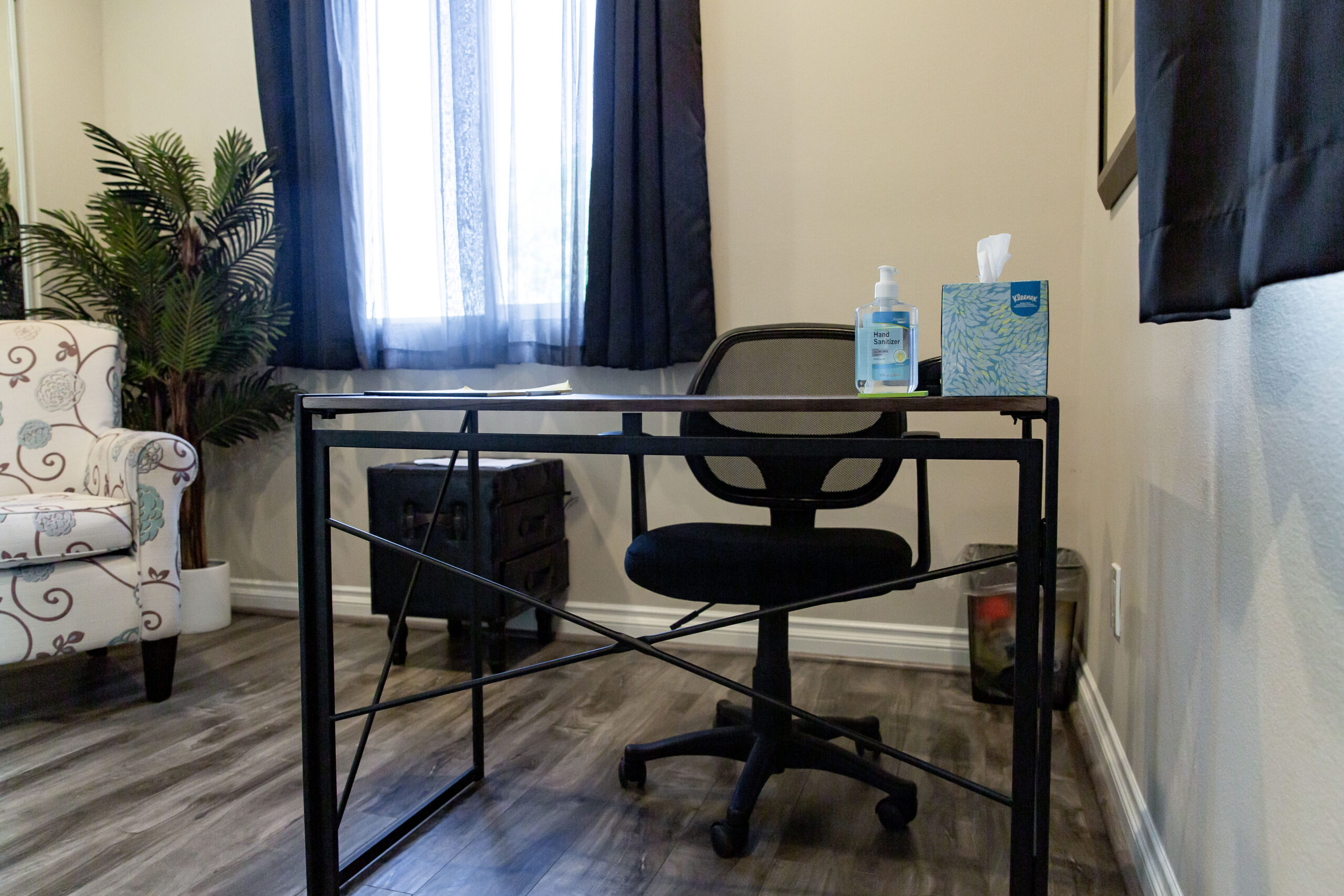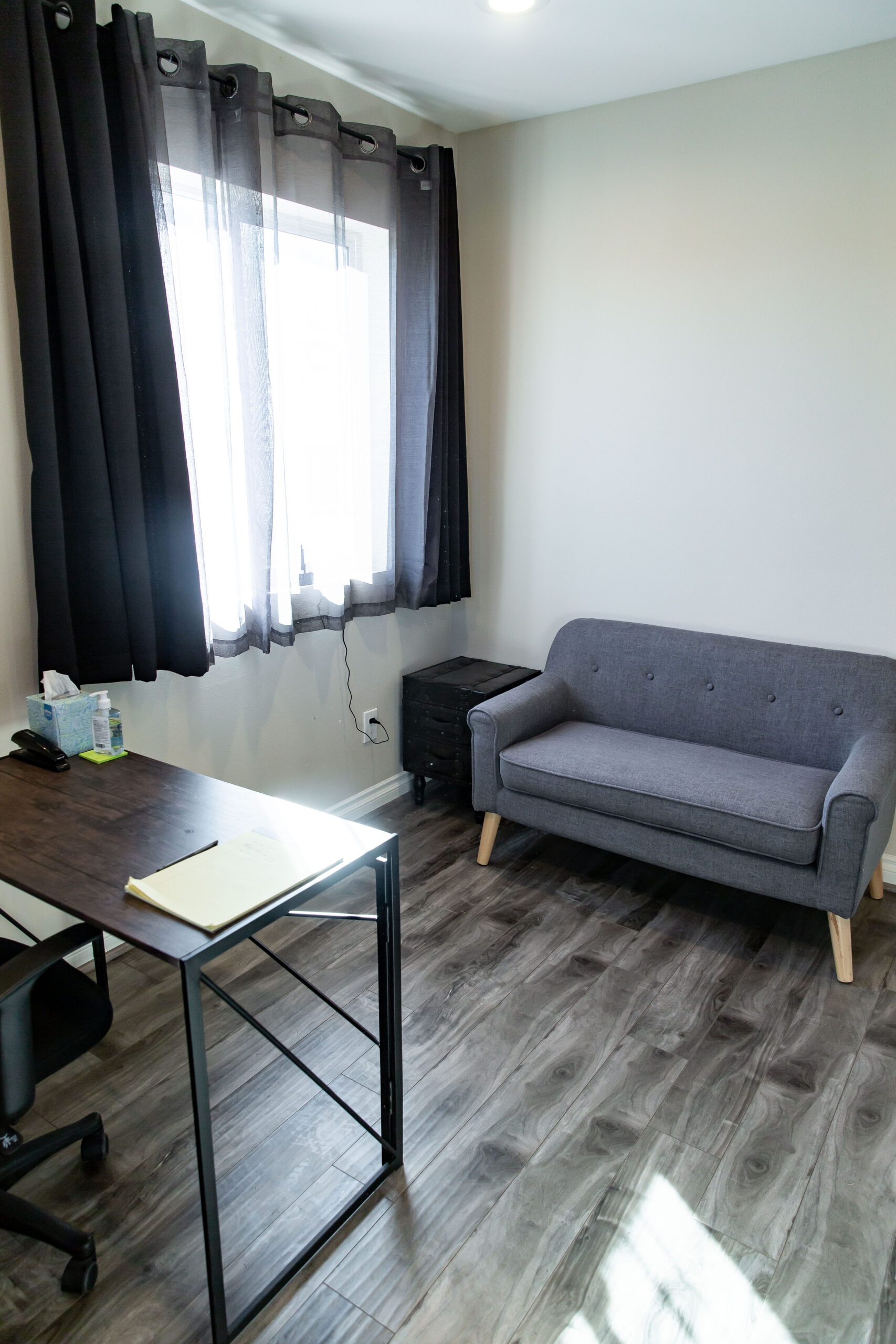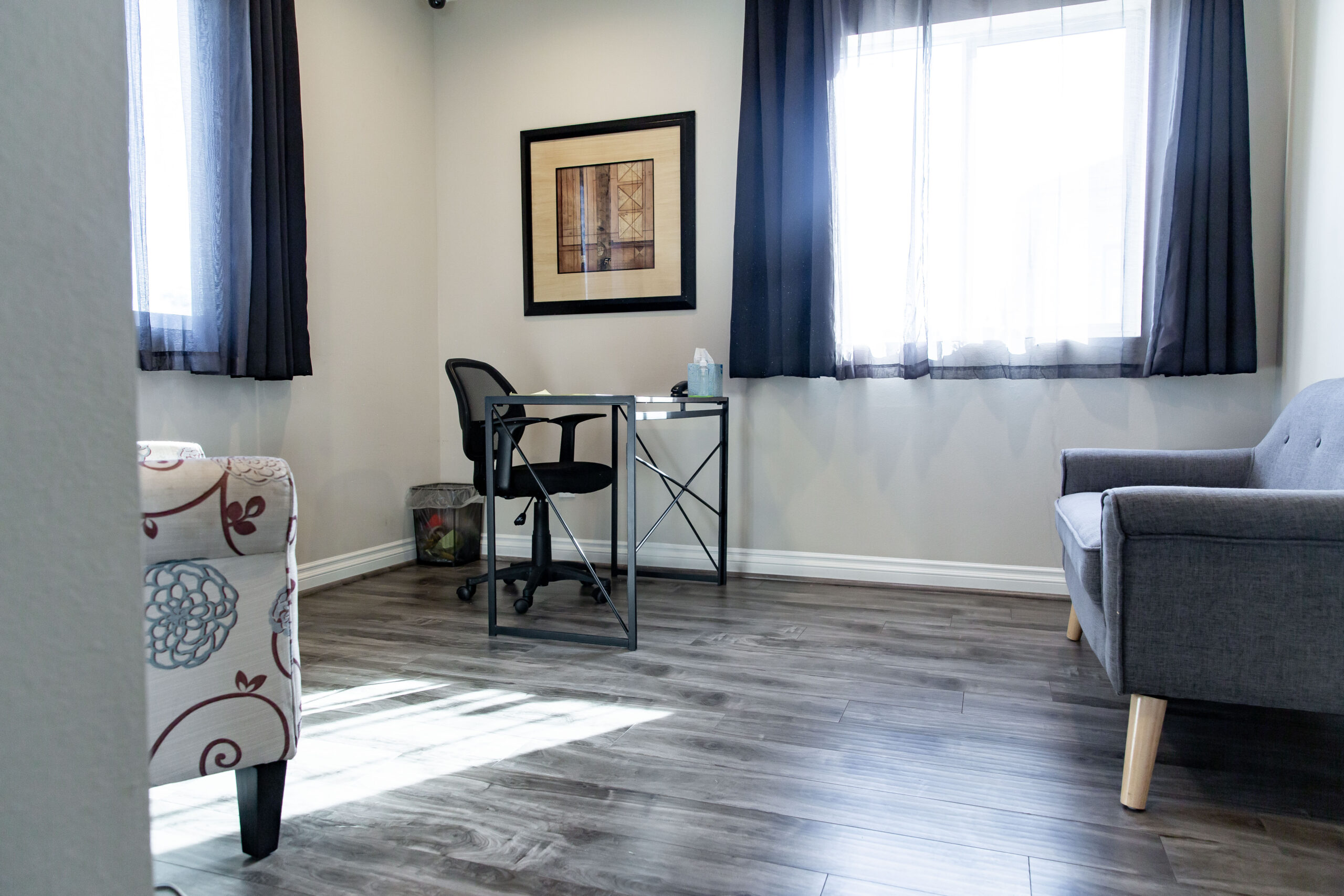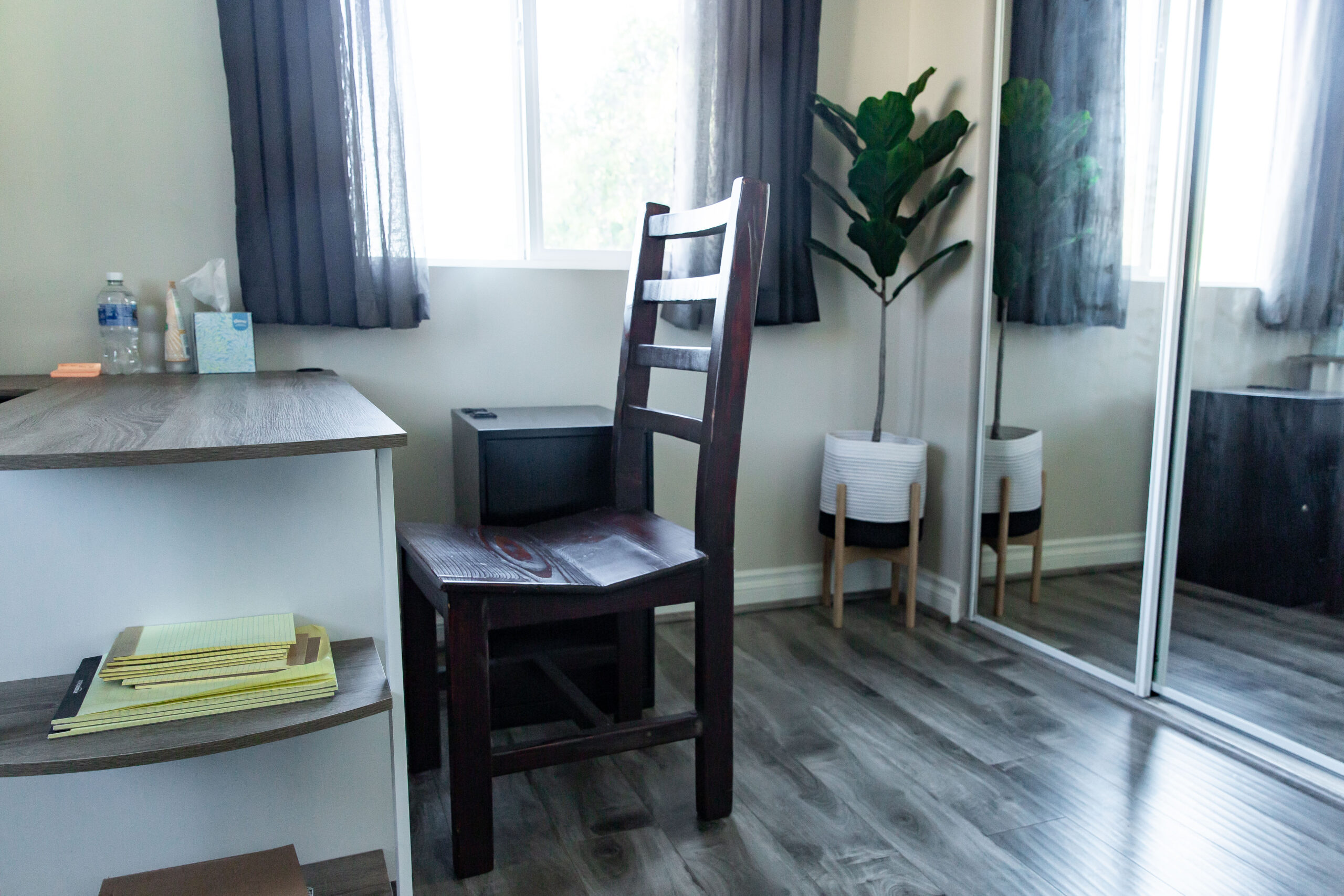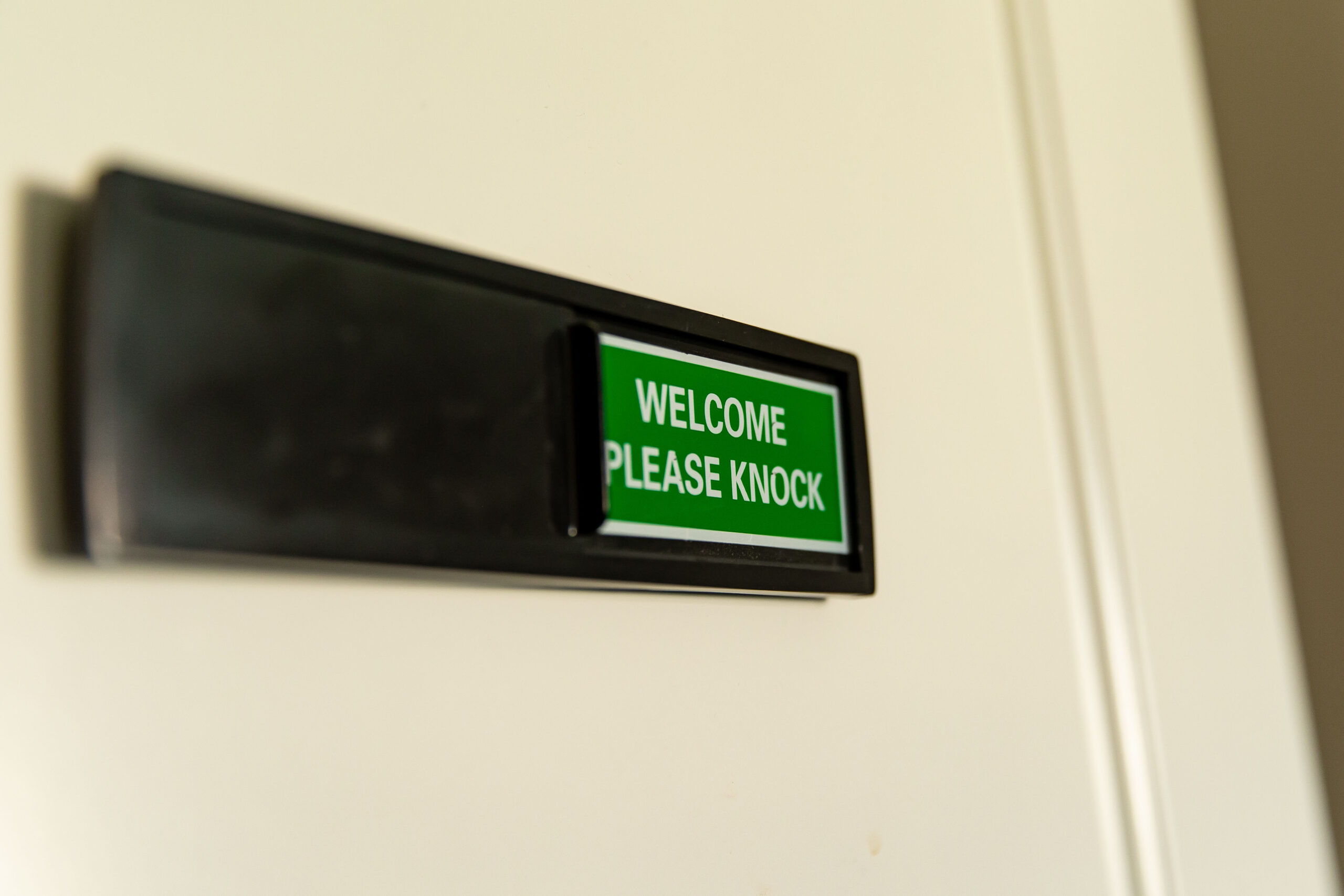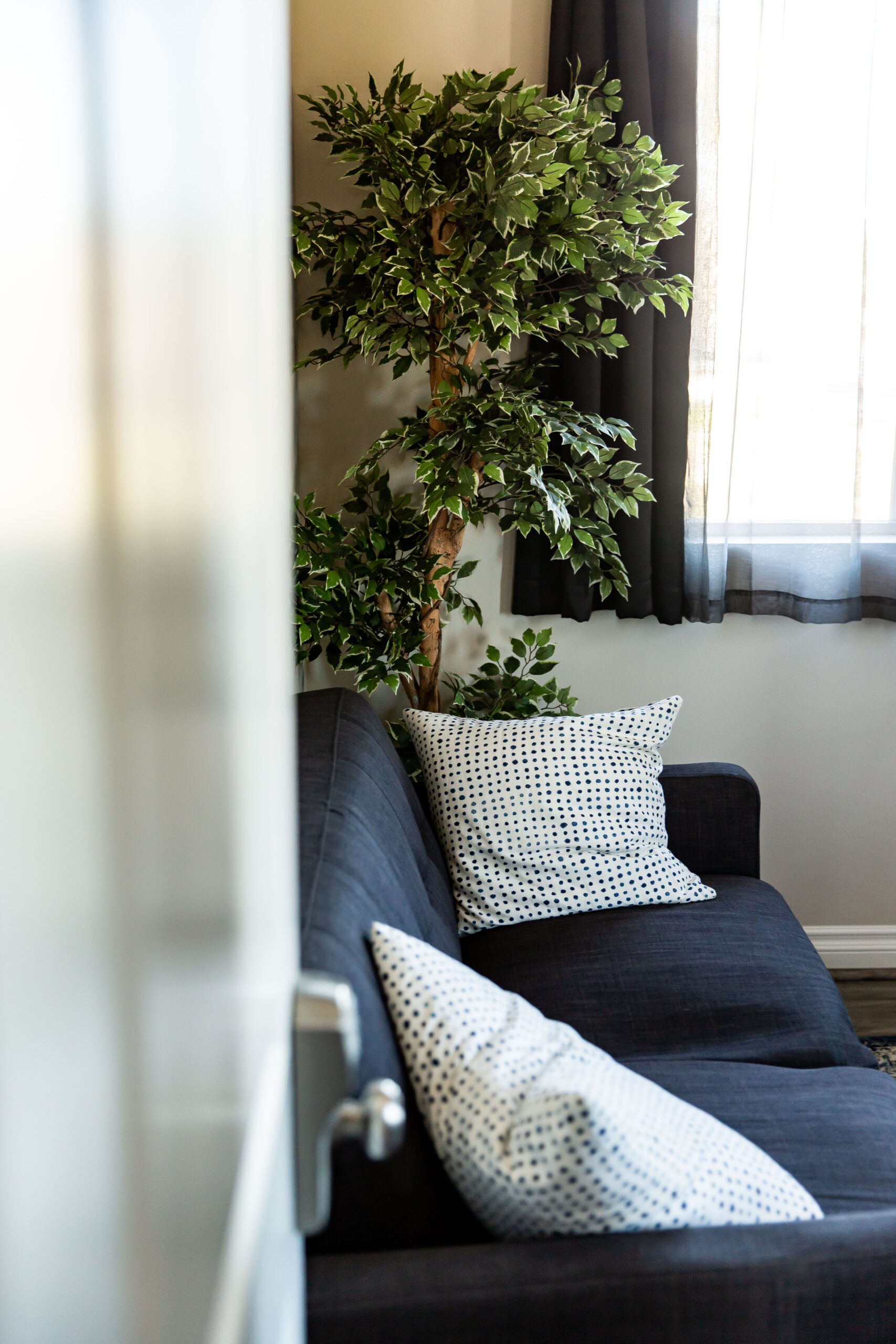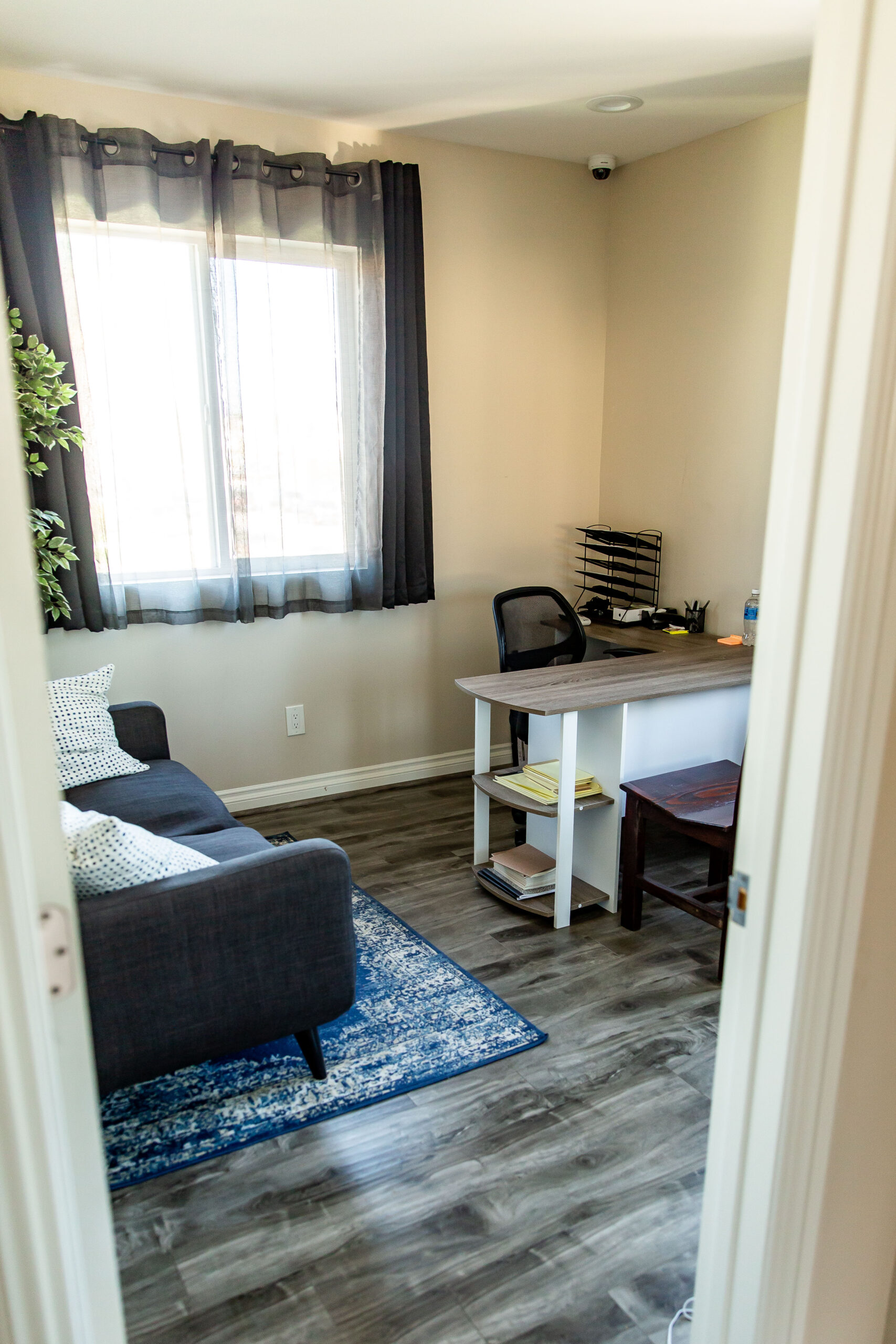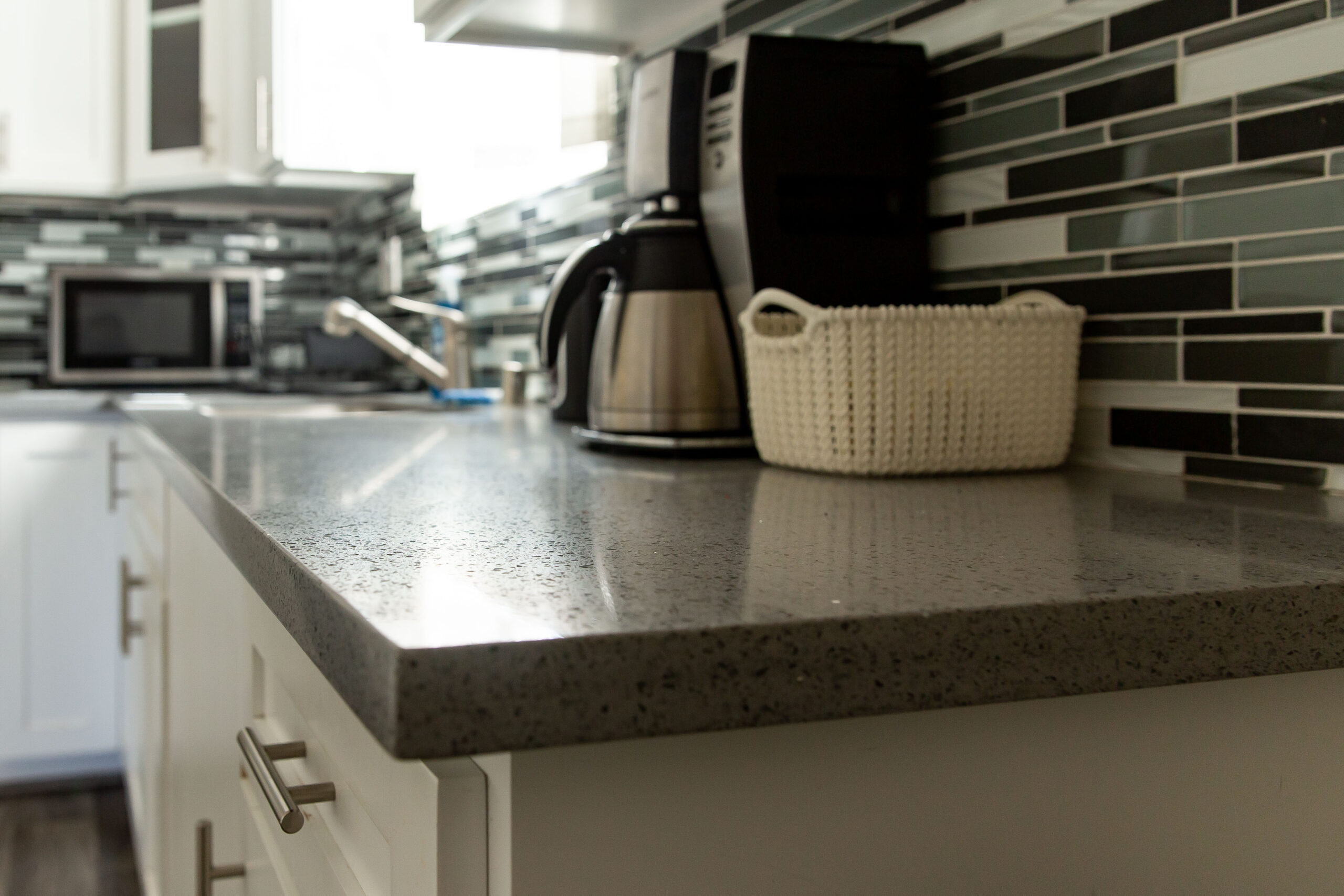The Detox Center of Los Angeles is a top-rated drug and alcohol recovery center for substance abuse treatment in Los Angeles, California. We offer personalized, comprehensive inpatient care provided by credentialed and experienced medical professionals, therapists, and other treatment providers.
Take a Tour
Why Choose TDCLA
The Detox Center of LA is a safe place where you can receive effective treatment for drug and alcohol addiction in Los Angeles, ensuring that you will get the correct types of treatment you need for your unique case.
- The Detox Center Los Angeles
- Highest Rated Drug Rehab Program
- Drug Detox and Rehab Program
- Top Alcohol Rehab in LA (What Is It and What Is It Like?)
- Drug Rehab in Los Angeles, CA (How Does It Work and What Is it Like)
- How Much Does Rehab Cost in Los Angeles?
- How Long Is Rehab?
- 30 Day (Short Term Rehab)
- Long Term Rehab (60-90 Days)
- Additional Therapies & Addiction Treatments Available:
- Does My Insurance Have Coverage for Rehab?
- Why Choose The Detox Center of LA
The Detox Center Los Angeles
Our drug rehab center in Los Angeles is part of a national network of treatment centers offering levels of care ranging from inpatient detox through inpatient rehab, outpatient rehab, partial hospitalization programs, and intensive outpatient programs throughout the country.
Because our treatment center is an inpatient facility, we offer all clients the opportunity to stay in a sober and safe location, breaking away from old habits, and gaining the recovery skills and relapse prevention tools needed to live a long and healthy sober life after rehab.
Highest Rated Drug Rehab Program
At TDCLA, we have comprehensive and individualized addiction recovery programs, created to suit your unique and complex needs throughout your inpatient detox and rehab. Our staff is professional and knowledgeable, providing nonjudgmental and trauma-informed care. People on our Los Angeles, California team include:
- Nursing staff who manage medication and ensure each client feels well throughout detox and rehab treatment programs
- A board-certified MD with experience in addiction who determines each patient’s detox plan and attends to medical issues
- Nonjudgmental, caring and professional therapeutic staff, all with a minimum of a master’s level licensable clinical degree, along with a valid license or registered intern status in Clinical Social Work, Marriage, and Family Therapy, Professional Counseling, or Psychology in the State of California and experience working with people addicted to drugs and alcohol
- Operational staff responsible for the overall flow of the program, ensuring treatment programs run smoothly and remains predictable and stable
- Tech staff who ensure all scheduling, appointment, transportation, and support needs are met
- Culinary staff who communicates with the medical team to ensure each patient is getting proper nutrition and health needs are met
We believe that family support is motivating for many patients, so after a mandatory blackout period, we allow phone use at designated times. We also allow parents of small children to use facetime throughout their treatment plan.
Drug Detox and Rehab Program
Detoxing from drugs is not always easy, with withdrawal symptoms causing feelings of distress, pain, nausea, depression, anxiety, and other mental health and physical issues. Depending on which substance you are quitting, detox can be dangerous to attempt on your own without medical assistance, which is why a medical detox is often recommended.
In a medical detox, you will move into our drug detox center full-time, with a customized program that will not only keep you medically safe but will take your mental, emotional and behavioral health needs into account. A typical stay in medical detox at TDCLA will include:
- 24/7 onsite nursing and on-call medical doctor available
- Meeting with your primary therapist for addiction treatment once a day.
- Healthy meals prepared by a private chef
- A full psychiatric evaluation, with dual diagnosis treatments for co-occurring mental health disorders like anxiety disorder, depression, bipolar disorder, anger management, impulsivity, grief and loss, borderline personality disorder and post-traumatic stress disorder
Some people who are detoxing from severe addictions to substances like opioids, alcohol, and benzodiazepine drugs may need a longer-term medication-assisted treatment (MAT) plan to prevent withdrawal symptoms and cravings, and to slowly taper off of the substances. Typical medications given in a MAT program are: Gabapentin, Trazodone, Suboxone, Subutex, benzodiazepine tapers, Seroquel, Ativan and/or Valium.
At our rehab in Los Angeles, we will customize your detox to suit your needs, without giving you medications or treatments you don’t need. After detoxing, we have an easy transition into drug rehab in the same facility, so once you are medically stabilized, you can move into the next phase of your inpatient drug addiction treatment plan seamlessly.
Top Alcohol Rehab in LA (What Is It and What Is It Like?)
To some, quitting drinking sounds simple, just put the bottle down. The truth is that for many people, alcohol detox can be one of the most severe types of detox, with withdrawal symptoms that can range from uncomfortable to deadly, with serious symptoms like seizures and delirium tremens. For this reason, most people entering addiction treatment for alcohol addiction are advised to stay inside a medical detox facility, with full-time medical care and oversight to prevent dangerous symptoms from occurring.
In the TDCLA alcohol detox program, you will also be provided with medications to help you rest and keep you comfortable, with good healthy food and therapy appointments to help you begin to heal the underlying causes of your addiction as you work through difficult emotions and thoughts that may come up at this time. You will be in the hands of professional, caring individuals who will keep you safe and help you move forward in your substance abuse treatment plan, getting you into the next phase of your alcohol rehab treatment plan as efficiently as possible.
Drug Rehab in Los Angeles, CA (How Does It Work and What Is it Like)
For individualized substance abuse treatment, Los Angeles residents can come to inpatient drug rehab at TDCLA. We offer clinical assessments that utilize a biopsychosocial assessment to help us analyze each patients needs along with a medical and psychiatric screening. This way you will get the detox and rehab plan that will best work for your needs. Some of the treatments our drug abuse treatment centers Los Angeles offer for addiction treatment include:
- Individual therapy sessions (meeting with a primary therapist at least twice a week throughout inpatient treatment)
- Behavioral health treatments including cognitive behavioral therapy, dialectical behavior therapy, cognitive restructuring groups and emotional self-regulation groups
- Case management (meeting with a case manager weekly to help you with any bureaucratic needs like work leaves and legal issues, and to help build an appropriate long-term aftercare plan that may include continuing treatment in an intensive outpatient program, or other outpatient program or involvement in drug and alcohol addiction recovery programs)
- Interpersonal psychotherapy
- Psychoeducation
- Family sessions and contact if appropriate, including family therapy
- Up to 47 hours a week of group therapy like creative healing, relapse prevention, denial management, nutrition health and wellness, or life and social skills
- Aftercare, recovery, and life skills training for life after you leave the alcohol and drug treatment facility
How Much Does Rehab Cost in Los Angeles?
At The Detox Center of LA, each patient’s addiction treatment program is customized to their unique needs, so giving an exact price is not possible without speaking to you about your addiction, and the types of residential treatment services you need. Costs depend on how much your insurance will cover and your deductible, how long you stay in inpatient care, which medications you are given, and the medical and other services provided. If you would like a quote or to talk about insurance coverage or have any questions about pricing, please call our team at any time, so we can help you create a recovery plan that works for your unique situation.
How Long Is Rehab?
The length of time you spend in rehab depends on several factors, including:
- Which substance(s) you are detoxing from
- How long you have been using drugs and alcohol
- How much you are using at one time and how often
- Whether you require dual diagnosis care for co-occurring disorders
- Genetic factors and your metabolism
- Whether you have physical health issues that may require more medical care or supervision
With these factors in mind, your drug and alcohol treatment plan will be customized to best help you. For most people, detox takes around 5 to 10 days, and inpatient rehab is a minimum of 20 to 30 days.
30 Day (Short Term Rehab)
The average time spent in our addiction treatment centers at The Detox Center of LA is considered short-term rehab. 20 to 30 days is plenty of time for many people to learn the skills they need to begin to take back control over their health and their lives, healing the underlying roots of addiction and learning recovery skills that will help prevent substance abuse relapse and promote healthier living. Living inside our residential facility will also give you time away from life’s everyday stress, and the people and places that may trigger relapse or cause you to doubt yourself. From within our inpatient rehab centers Los Angeles, you will be able to see life from an outside perspective, gaining new ways to think and new habits that will help you for the rest of your life.
Long Term Rehab (60-90 Days)
For some people, a longer stay in inpatient rehab is needed. Some people require mental health treatments with psychiatric medication that takes longer to kick in, and people with a high risk of relapsing, people who are resistant to treatment, and people with severe addictions may also benefit from staying 60 to 90 days in our center in Los Angeles, with some moving on into partial hospitalization or intensive outpatient sober living programs offered by our partner facilities in Los Angeles and throughout the country for an easier and more gradual transition back to normal life after residential rehab.
Additional Therapies & Addiction Treatments Available:
Alongside our evidence-based treatments and behavioral therapies, at The Detox Center of LA, we believe that it is most helpful to treat every aspect of our patients’ well-being, including mental health and spiritual needs. For this reason, we also employ several holistic treatments, like:
- Art therapy and healing through creativity groups
- Yoga
- Meditation
- Acupuncture
- Breathwork
- Exercise and physical fitness
- Experiential therapy
MAT
Medication-assisted treatment (MAT) is a drugs detox plan that combines a long-term medication schedule with therapy, holistic treatments, medical care and other treatments to help patients taper off their drug use in the case of serious addictions to substances like opioid drugs. This is often done beginning as an inpatient program, and then continuing on for as long as the individual person needs. The medications provided are FDA-approved and will not create a new addiction, as they are provided at prescription doses. A MAT plan will ensure you do not suffer painful or uncomfortable withdrawal symptoms or drug cravings as you work towards your new sober life, improving long-term success rates.
Cognitive Behavioral Therapy
CBT is a type of behavioral therapy common in treating substance use disorders and co-occurring disorders like anxiety, trauma, and depression. The focus is on treating emotional disorders and underlying behaviors by learning and developing practical behaviors and tools, modifying thought patterns, and managing personal choices and actions to retrain the brain to avoid negative behaviors.
Dialectical Behavioral Therapy (DBT)
DBT is a behavioral health treatment that teaches people to live in the moment through mindfulness and emotional regulation. The emphasis is on the psychosocial aspects of substance use disorders, helping the patient understand the psychological and social aspects of their addiction, identify self-destructive behaviors, and work to change their responses to stress and unpleasant emotions.
Rational Emotive Behavioral Therapy (REBT)
REBT is part of an individual treatment plan, focusing on the patient’s perspective on an issue and rational thinking. The idea is that there is no situation that is inherently good or bad, it just depends on how you react to it and process the information. This therapy challenges core beliefs and negativity biases, providing healthier ways to handle stress.
Dual Diagnosis Treatment
Dual diagnosis treatment centers offer mental health treatments and treatments for substance use disorders in a single program, treating them at the same time for the best possible results. There are several connected parts of addiction and mental illness that cannot be separated, so treating these disorders together is the most effective way to break the cycle of addiction. Common mental health issues that happen alongside addiction are:
- Bipolar disorder
- Anxiety disorders
- Major Depression
- Attention-deficit hyperactivity disorder
- Borderline personality disorder
- Eating disorders
- Obsessive compulsive disorder
- Post-traumatic stress disorder
- Impulse control disorder
- Schizophrenia
- Codependency
EMDR
Eye movement desensitization and reprocessing is a type of trauma and PTSD treatment that helps the brain reprocess difficult or emotionally disturbing imagery, thoughts and memories by using tapping, eye movements or audio tones to create “dual awareness”. When the brain is in this state, the therapist can help guide the patient into reframing the disturbing trauma into a normal memory that can be processed and stored properly. EMDR therapy has been endorsed by the American Psychiatric Association and the International Society for Traumatic Stress Studies.
Relapse Prevention
At The Detox Center of LA, we have a skills-based relapse prevention group that uses a cognitive behavioral approach, helping patient identify possible triggers, issues, and situations they may run into in their lives that will put them at risk of relapse, and then find practical ways to change things up for positive results. Relapse prevention plans may include:
- Attending peer support or 12-step groups regularly
- Having loved ones, a sponsor, or another reliable person you can turn to when times are difficult
- Entering an outpatient drug rehab or continuing care program for long-term treatments and support on a professional level
- Having healthy outlets and hobbies to help you deal with stress, negativity and cravings
- Understanding yourself and your triggers, and knowing when it is time to seek external help
Life Skills Training
A life skills training program in rehab will provide the tools needed to navigate the challenges of life. This may include decision making skills, communication skills, social skills, problem-solving skills, learning how to take care of your body through good hygiene and health eating, or learning how to create a healthy routine and stick with it.
Life skills are important for being able to live independently, and for people whose addictions caused them to stop creating goals for themselves and planning for the future, things like house cleaning, learning about nutrition, or making new friends may have seemed unimportant. Drug and alcohol addiction robs people of everything, and life skills treatment plans will help fill in the gaps, allowing you to live a regular life as a healthy and well-balanced individual.
Vocational Training
When drugs and alcohol take over your life, finding and keeping a job may feel impossible or may not even be a priority. A vocational training program will remove barriers to employment that you may be facing, like teaching you how to present yourself and make a good first impression, job hunting and interviewing skills, resume building, and more. Gaining regular employment will not only give you financial independence, but will also build self-esteem, give you a regular schedule, and provide you with opportunities to make new friends and work on social skills.
Group Therapy
Group therapy is any type of therapy that involves a group of patients, with one or more therapists or psychologists there to run the discussion, provide information, and keep things on track. A group will discuss a specific topic or issue, helping patients work through issues together, brainstorm, and learn from one another. Groups can help patients feel less alone in their struggles, work on social skills and active listening, and get support from people who know what they are going through.
At The Detox Center of LA, our inpatient rehab program includes 40 to 47 hours of group therapy per week, including groups like:
- Daily goals
- Life skills
- Seeking safety
- 12-steps principles
- Emotional self-regulation
- Cognitive restructuring
- Health and wellness
- Distress tolerance skills
- Interpersonal relationships
- Anger management
- Denial management
- Aftercare planning
Experiential Therapy
Experiential therapy uses expressive tools and activities like art therapy, role-playing, animal care, or outdoor adventures to help patients change their emotional state as they work through and re-experience difficult situations from the past. The goal is to help patients identify underlying emotions and release pain and anger, replacing these difficult feelings with the more positive or neutral ones that come with the experience at hand.
One-on-One Therapy
One-on-one individual therapy is one of the most common forms of therapy given in residential inpatient rehab and outpatient treatment. This is an individualized plan that occurs between one patient and one therapist, getting together and talking about any issues, stress, and difficulties that are impeding your life or causing feelings of hopelessness, anger, sadness, or frustration. Together you will define underlying issues, heal pain, and work on practical solutions to everyday problems, improving your overall quality of life.
Family Therapy
Family therapy is a tailored, short-term therapy that may involve the entire family or just one or two members, with a focus on resolving issues, improving communication, and in the case of the family of an addicted person, family programs can teach them how to best support their loved one through rehab and in their recovery. Family therapy can strengthen family bonds and resolve stressful situations, creating a stronger overall support system at home.
Trauma Informed Therapy (After PTSD)
Trauma-informed therapy is any therapy in which the provider understands the signs of trauma in an individual and works hard to ensure each patient feels safe and is not re-traumatized while in treatment. This may look like:
- Checking to make sure the patient understands what is going on
- Answering any questions directly, truthfully, and kindly
- Asking for consent before touching a patient or administering treatments
- Empowering clients in decisions about their own care, collaborating together on treatment plans
- Ensuring the client feels emotionally and physically safe at all times
Physical Fitness
Yoga, sports, walking, stretching, or weight lifting are only some of the ways to incorporate physical activity into your everyday life in treatment. Exercise during recovery, both inside the inpatient drug rehab center and afterwards when you move back home, will improve your health, decrease stress, improve your self-esteem, and provide you with a healthy distraction when cravings or urges come up. On top of building bodily strength, you will build resilience, and create new opportunities through gym and fitness club memberships, sports teams, and exercise classes, to meet new people and socialize in a healthy environment.
Off-Site Activities
Off-site activities during residential treatment programs can provide a literal breath of fresh air, giving you a novel experience that will help refresh your mind and spirit. These activities, when arranged by your rehab center, are also designed to help you find new ways to have fun and live your life without using drugs or alcohol. Trips to the beach, hiking, sports events, visiting a nature spot or local attraction are all common off-site activities while in inpatient rehab.
12-Step Rehab in LA
12-step programs like Alcoholics Anonymous, Narcotics Anonymous and countless others are very effective for many people in keeping people on track in their sobriety long-term. The combination of a definitive set of twelve steps to follow, spirituality and peer support is a good combination, and when used alongside an integrated rehab program in either an inpatient or outpatient drug rehab center, can be very beneficial.
Anxiety Disorder
While most people experience some degree of anxiety in their lives, those living with an anxiety disorder suffer with excessive intrusive thoughts, fear, and distress. Symptoms include:
- Shaking
- Insomnia
- Nausea
- Irritability
- Rapid heart rate
- Dizziness
- Panic attacks
Bipolar Disorder
There are two distinct types of symptoms for a person with bipolar disorder: mania and depression. When a person is feeling manic, they may experience:
- Euphoria
- Jumpiness
- High energy
- Agitation
- Feeling like they can do anything
Depressive episodes feel like:
- Lethargy
- Sadness
- Hopelessness
- Forgetfulness
- Insomnia or sleeping too much
Borderline Personality Disorder
Borderline personality disorder is a type of mental disorder that makes it very difficult for a person to regulate their emotions, causing:
- Impulsivity
- Negative self-image
- Mood swings
- Shifting identity
- Difficulty connecting to others
- Dissociative feelings
- Intense unpredictable anger
- Self-harm
A person with BPD may make frantic attempts to avoid being abandoned by friends and family or worry that they will be alone.
Codependency
When a person begins to sacrifice their own well-being for another person, this is codependency. It may look like caretaking, but the person begins to lose their sense of self, elevating the needs of others above their own. There is often a serious lack of boundaries, with:
- Control issues
- Low self esteem
- Poor communication
- Painful emotions
- Stress
- Denial
Depression
While everybody feels sad or down sometimes, clinical depression is different, interrupting daily life with emotional lows or lack of emotion at all, loss of interest in life and activities, and prolonged feelings of hopelessness or caring. Other symptoms include:
- Difficulty concentrating
- Low energy
- Angry outbursts
- Feeling helpless
- Self-loathing
- Changes in appetite
- Changes in sleep patterns
- Suicidal thoughts
Impulse Control Disorder
Impulse control disorder takes shape in various ways. It is defined as the inability to resist taking impulsive actions. Common or well-known impulse control disorders are:
- Pyromania – setting fires
- Intermittent explosive disorder – angry outbursts
- Oppositional defiant disorder – resisting or challenging authority figures
- Kleptomania – uncontrollable theft
People with an impulse control disorder often become socially withdrawn, with low self-esteem, and become agitated easily.
Post-Traumatic Stress Disorder
PTSD is a disorder that people develop after going through a life-threatening, shocking, or dangerous event, with feelings of intense stress or fear, hypervigilance, avoidance, negativity, and intrusive thoughts occurring due to the fight or flight response being triggered even when the person is not in danger. Trauma therapy and dual diagnosis treatment are often used to treat PTSD.
Does My Insurance Have Coverage for Rehab?
If you have health insurance, it should cover some, if not all of your treatment, as mental health and addiction services are considered essential health care. The level of coverage completely depends on which insurance provider you are with, and which treatments and medications they will cover. Contact our service team if you would like to verify insurance coverage. We can let you know what to expect before you begin treatment.
Why Choose The Detox Center of LA
When you choose TDCLA, you will receive:
- Clinical assessments that may include a full bio-psychosocial assessment
- A fully tailored and integrated medical detox plan designed to ensure your comfort and safety as your body purges the toxins from your system, along with dual diagnosis treatment, therapy, mental health care, and a long-term medication-assisted treatment plan if needed
- Healthy food and a comfortable residence to live in while you are here, with laundry and housekeeping services, so you can focus on your own wellness instead of household tasks
- A team of culinary staff who is happy to accommodate for dietary needs, allergies or food sensitivities
- Amenities like a fully stocked snack bar, a basketball court and cornhole games, workout and fitness classes, yoga, meditation, movie nights on the big screen, and store runs for tobacco or other items you may wish to purchase for your own comfort
- A full-time rehab plan in our residential treatment center with comprehensive care in a highly structured environment with knowledgeable, experienced staff and personalized care
- A welcoming culture of acceptance, safety, and self-awareness
- Case management, life and social skills courses, behavioral health treatments, nutrition education, relapse prevention groups, 12-step integration, distress tolerance skills, aftercare planning, and other programs that will build you up and prepare you for sober living when you return home
Contact our team today to access our trauma-informed and solution-based approach to healing. We can help you verify your insurance coverage and begin working with you right away to build your custom rehab plan, from inpatient detox and rehab with us to referrals to outpatient treatment partners in our network. Your well-being, safety, and care is our number one priority, and we want to be a partner in helping you work through your issues, regain your health, and take back control over your life.

